Concerts
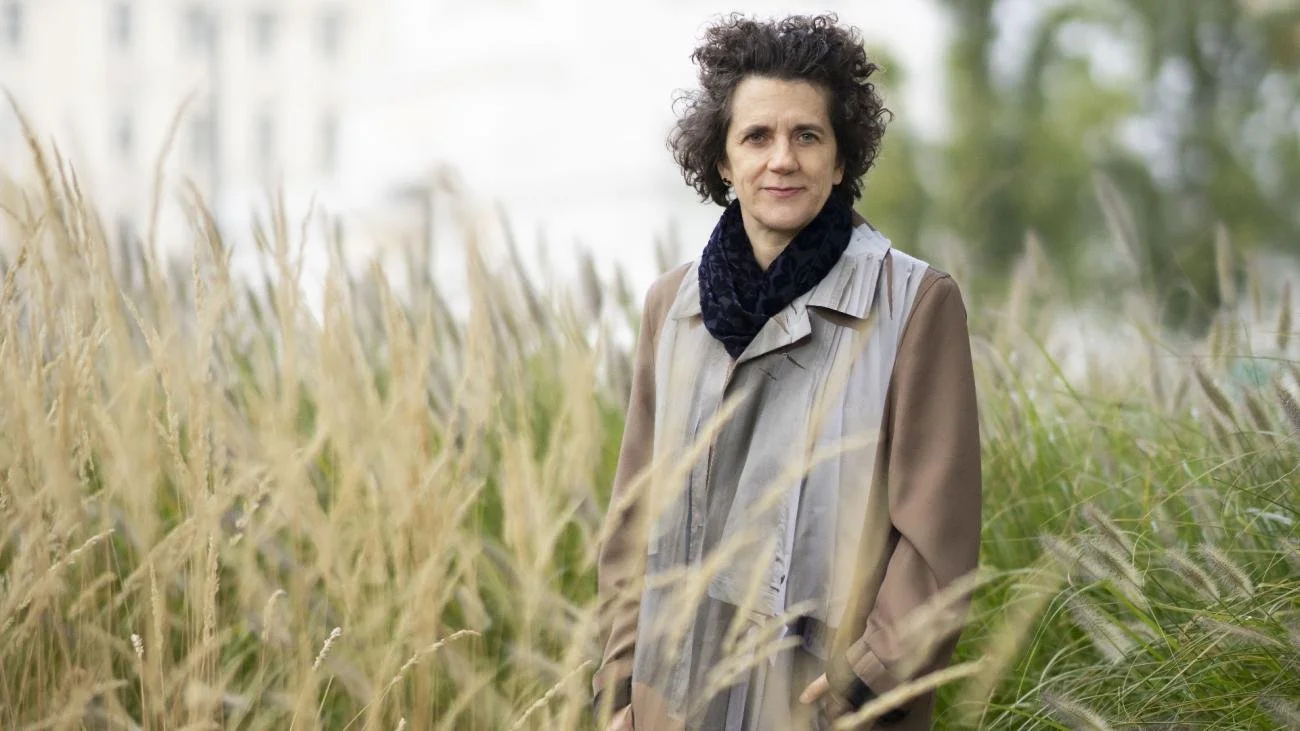
Opernhaus Zürich: Opera Nova — Neuwirth
Olga Neuwirth (*1968) — Hooloomooloo, Coronation I, Un posto nell’acqua, Magic fluidity, Hommage à Klaus Nomi
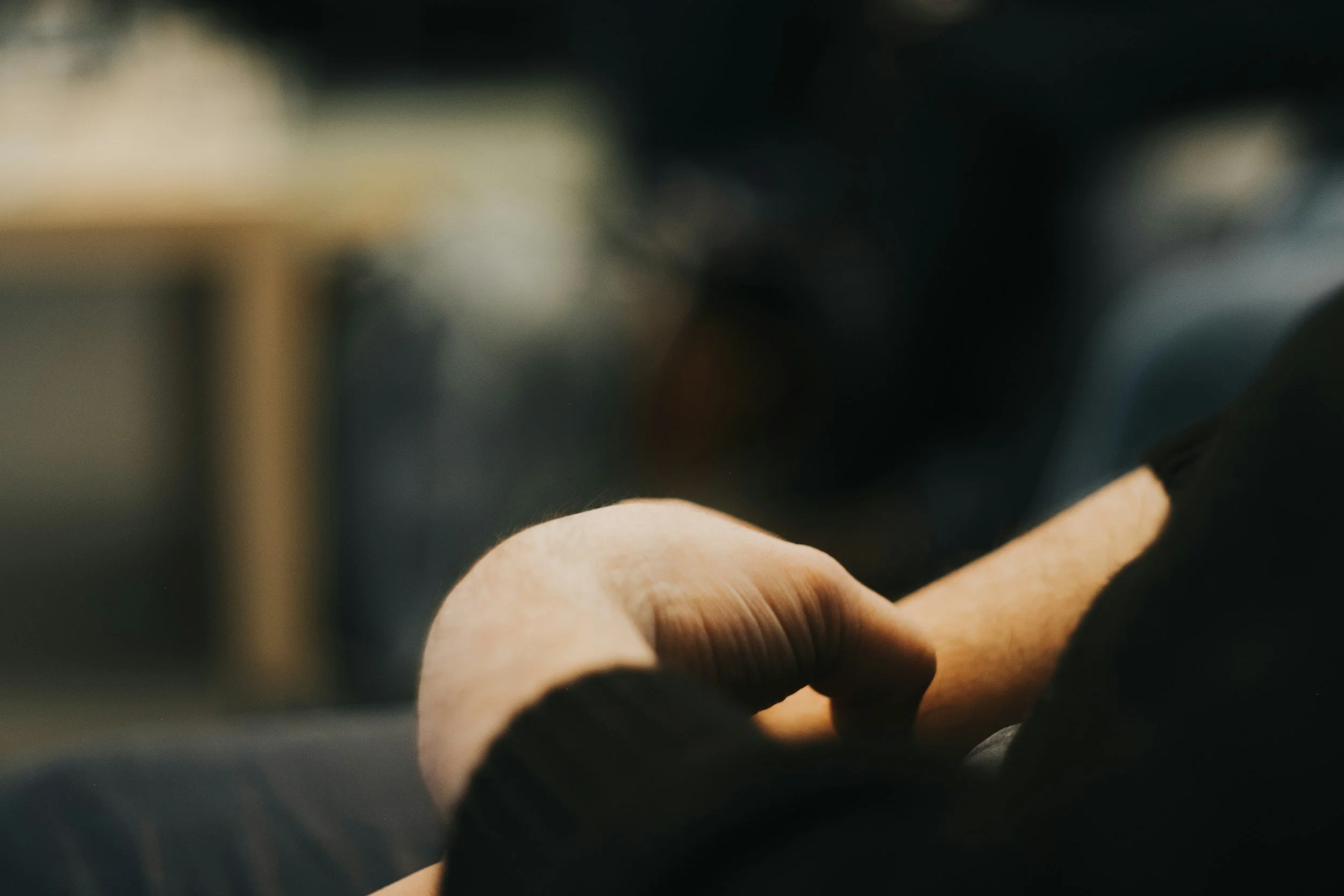
Collegium Musicum Basel: Trauer & Trost
Francis Poulenc (1899-1963) — Stabat Mater & Gloria
Claude Debussy (1862-1918) — Le martyre de Saint Sébastien
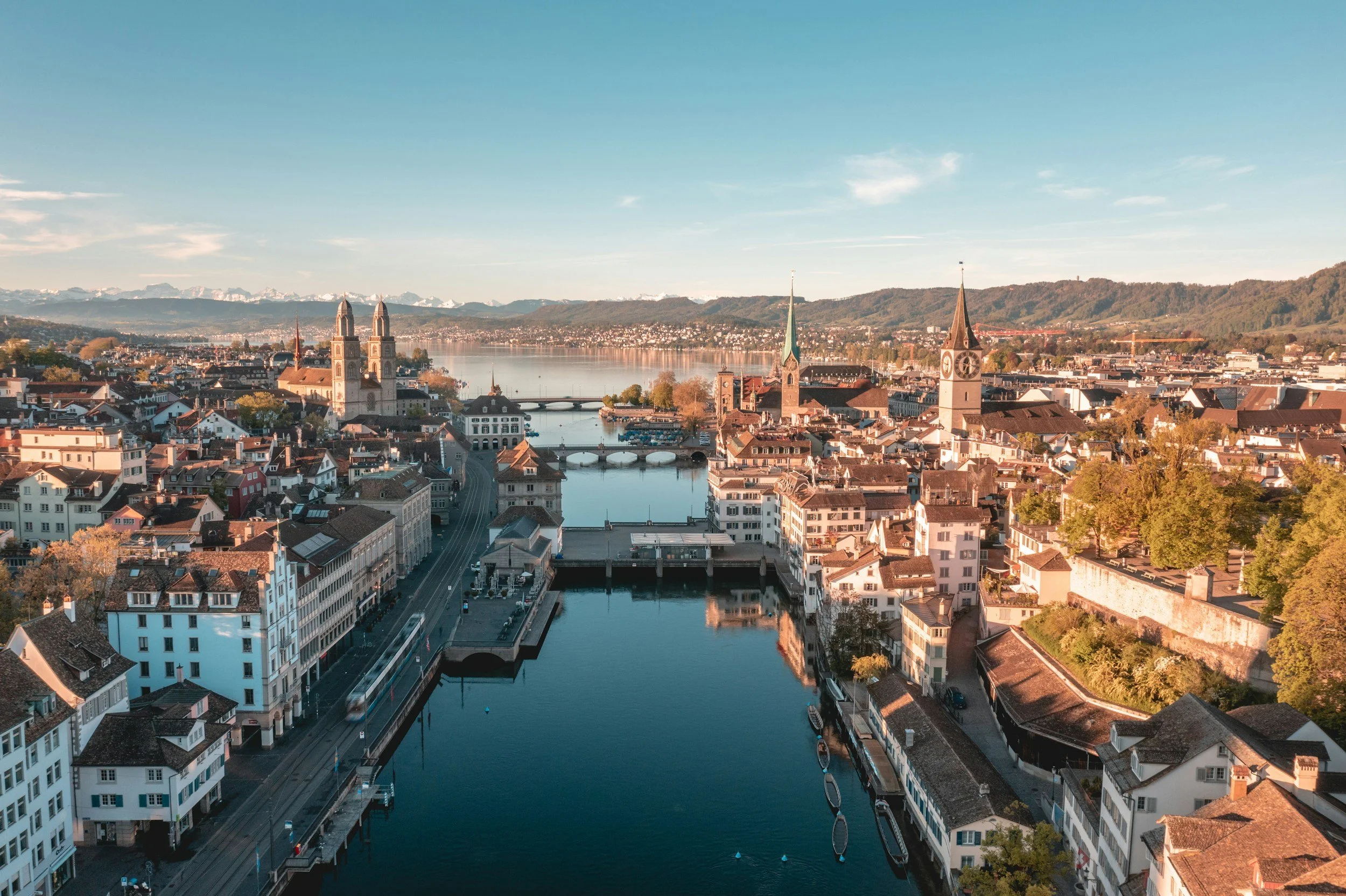
Zurich Opera & Ballet Orchestra: Mühlemann & Noseda
Sacred arias by Giovanni Battista Pergolesi and Wolfgang Amadeus Mozart
Joseph Haydn — L'Introduzione & Sonata VI: Consummatum est! from The Seven Last Words of Christ on the Cross, Hob. XX:1A
Sergei Prokofiev — Suite No. 2 “Romeo and Juliet”, op. 64
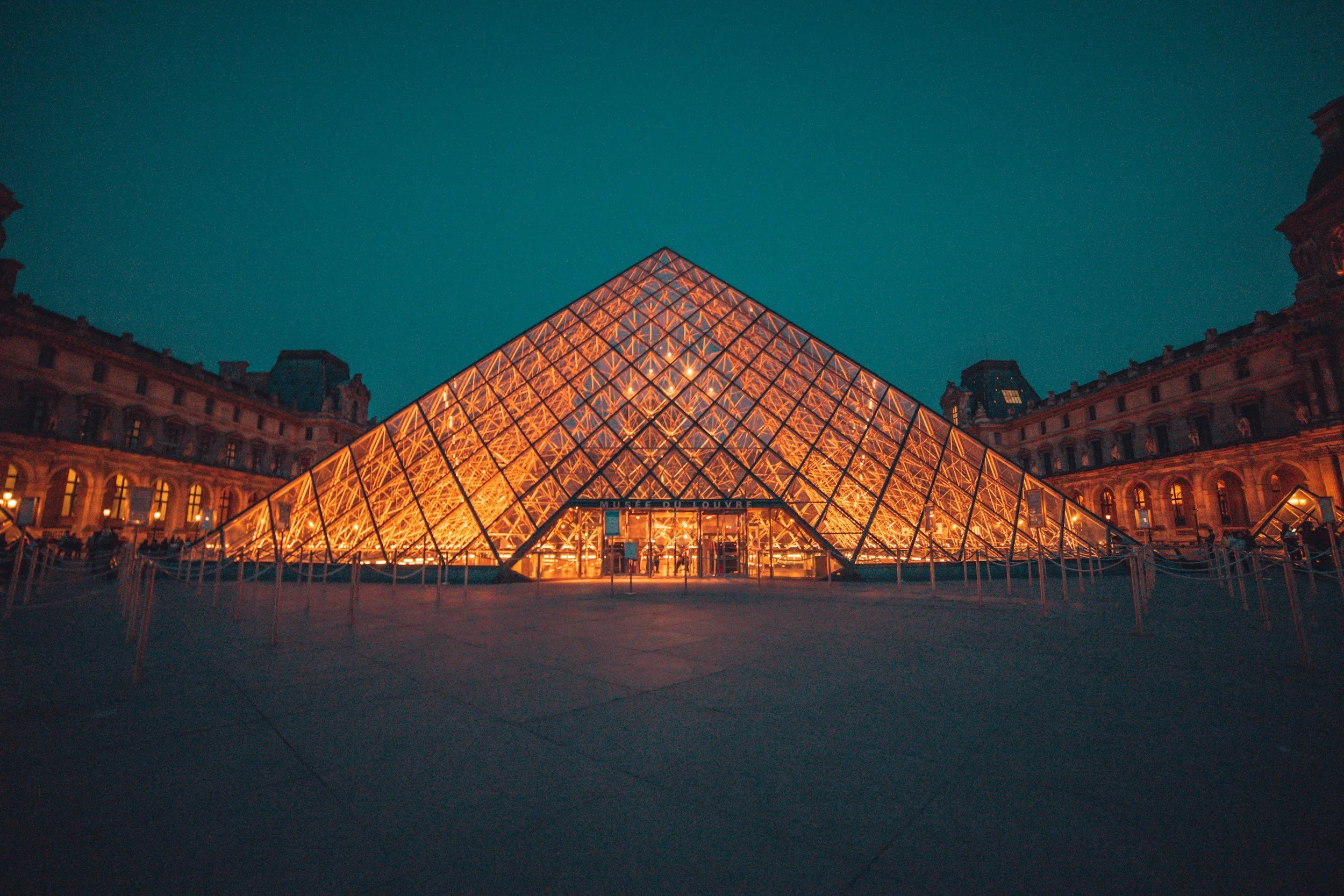
Zurich Opera & Ballet Orchestra: Europe Tour 2026 PARIS
Giuseppe Verdi — Requiem (1874)
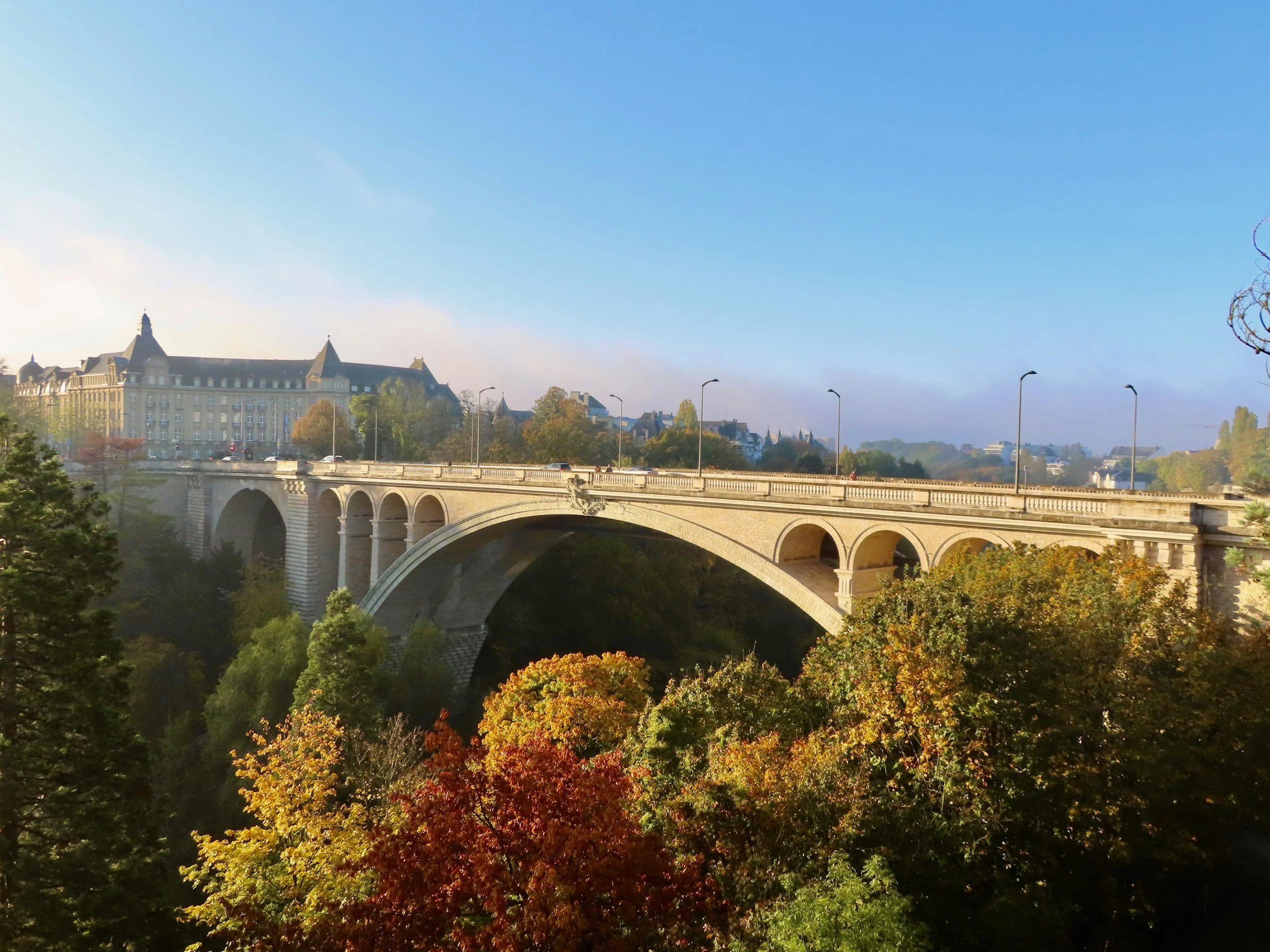
Zurich Opera & Ballet Orchestra: Europe Tour 2026 LUXEMBOURG
Giuseppe Verdi — Requiem (1874)
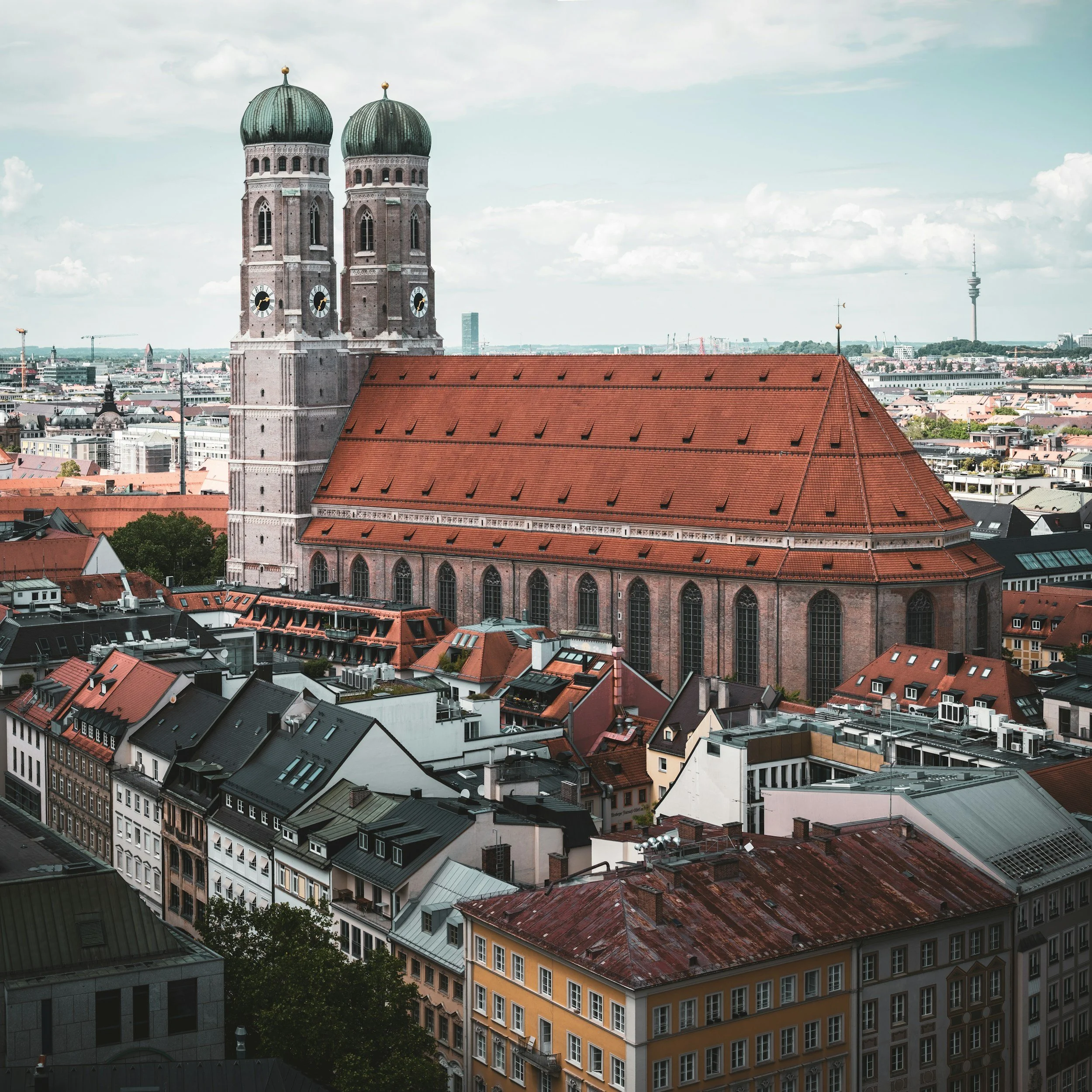
Zurich Opera & Ballet Orchestra: Europe Tour 2026 MUNICH
Giuseppe Verdi — Requiem (1874)
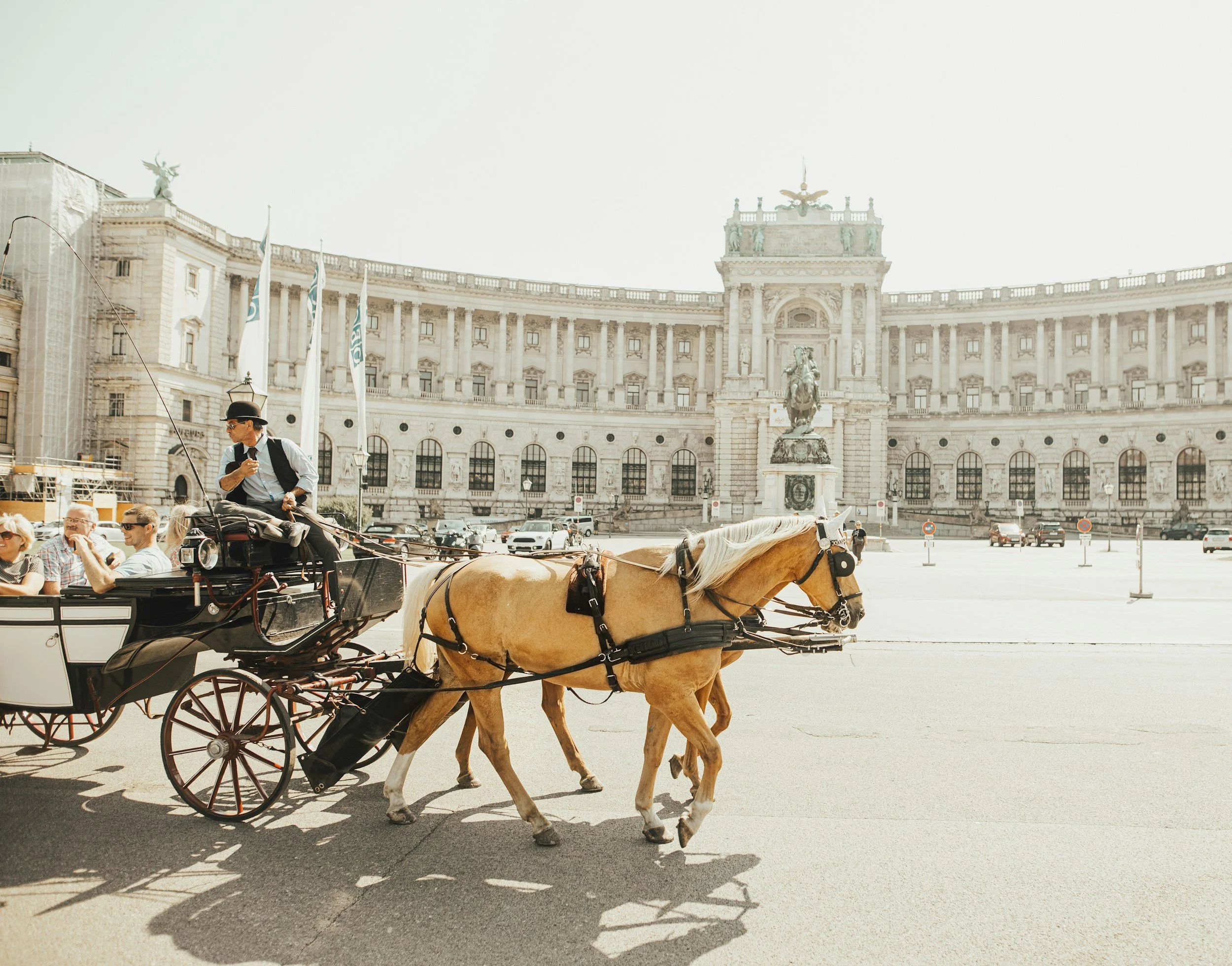
Zurich Opera & Ballet Orchestra: Europe Tour 2026 VIENNA
Giuseppe Verdi — Requiem (1874)
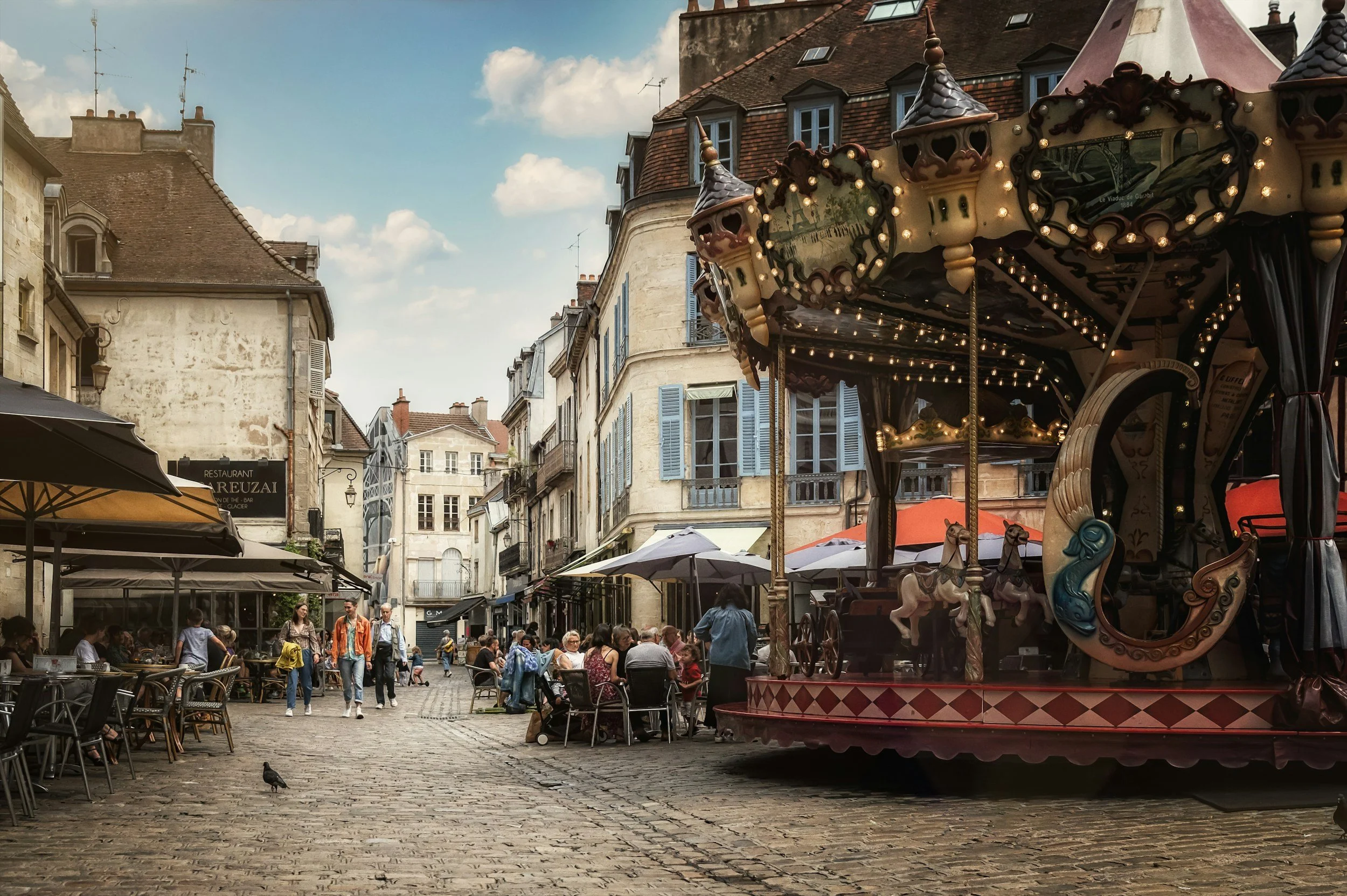
Zurich Opera & Ballet Orchestra: Europe Tour 2026 DIJON
Sacred arias by Giovanni Battista Pergolesi and Wolfgang Amadeus Mozart
Joseph Haydn — L'Introduzione & Sonata VI: Consummatum est! from The Seven Last Words of Christ on the Cross, Hob. XX:1A
Sergei Prokofiev — Suite No. 2 “Romeo and Juliet”, op. 64
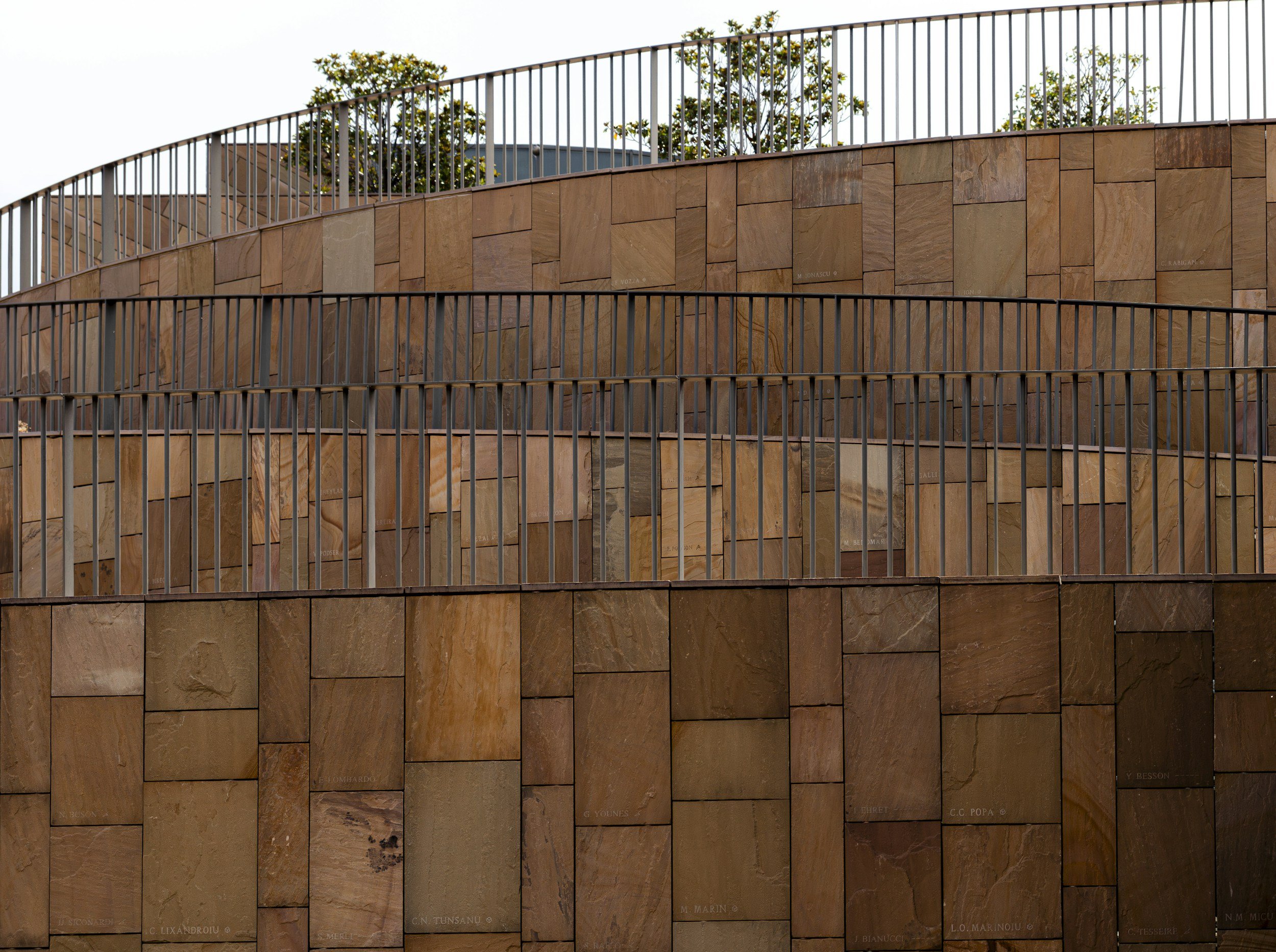
Zurich Opera & Ballet Orchestra: Europe Tour 2026 AIX-EN-PROVENCE
Giuseppe Verdi — Requiem (1874)
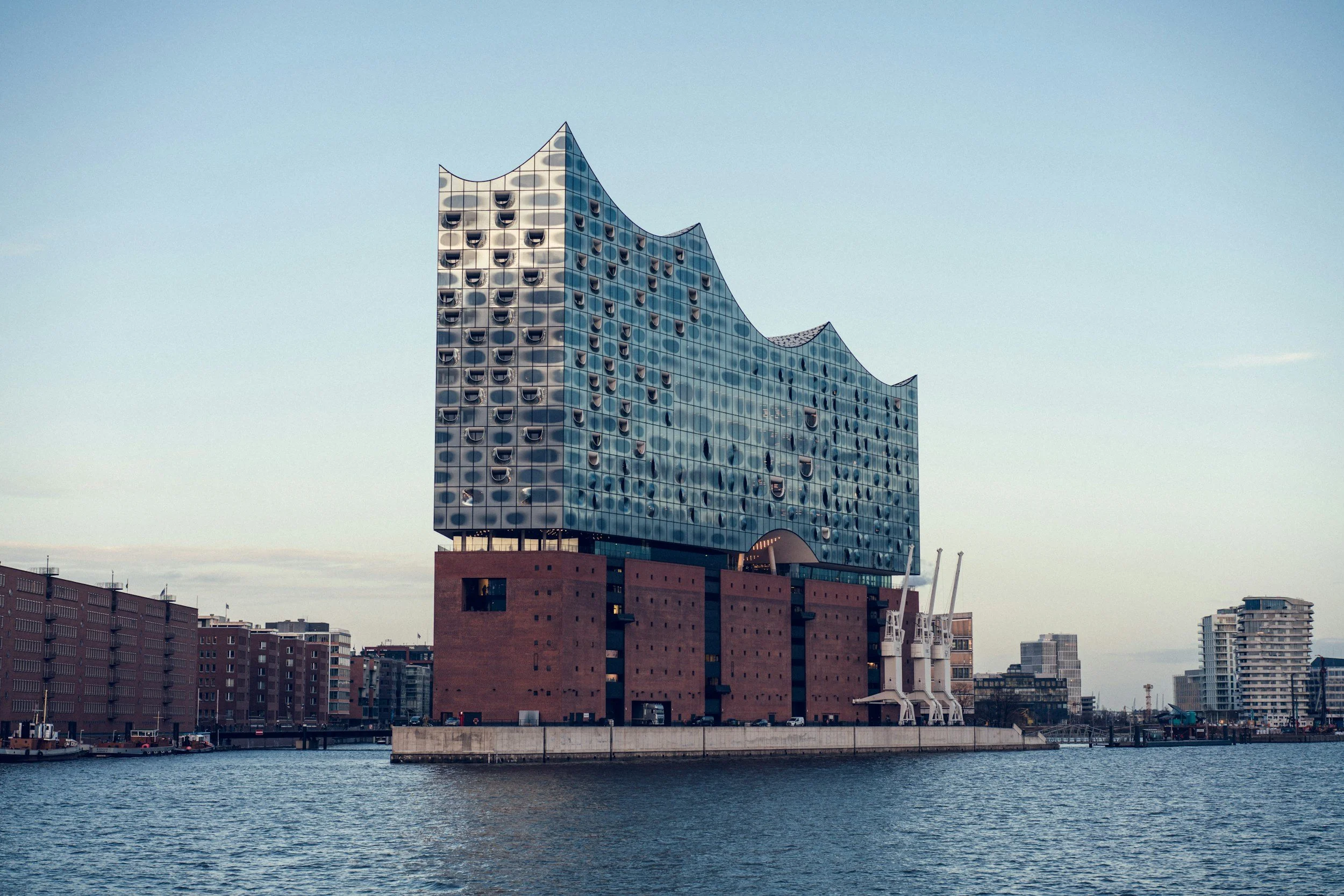
Zurich Opera & Ballet Orchestra: Europe Tour 2026 HAMBURG
Giuseppe Verdi — Requiem (1874)
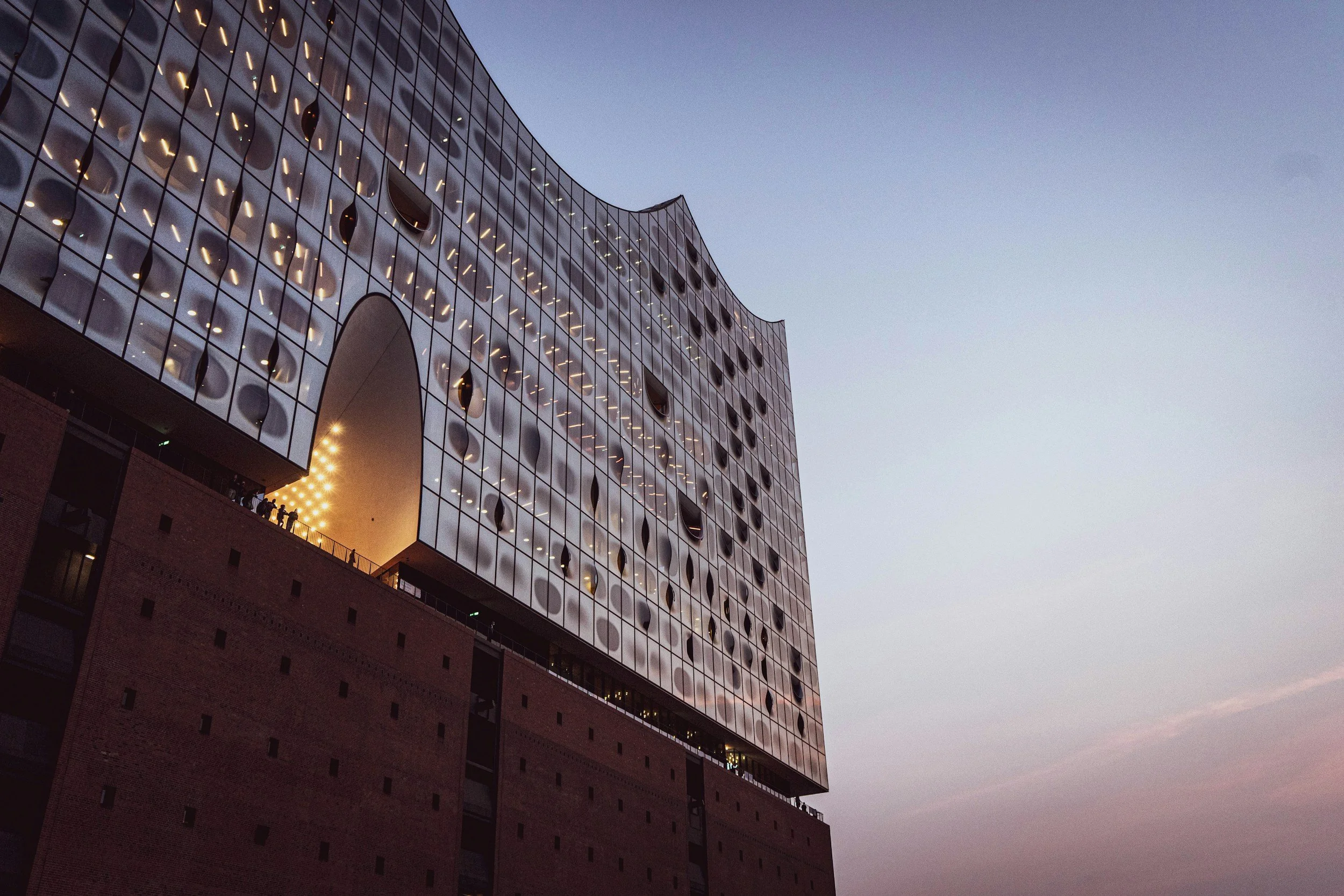
Zurich Opera & Ballet Orchestra: Europe Tour 2026 HAMBURG
Sacred arias by Giovanni Battista Pergolesi and Wolfgang Amadeus Mozart
Joseph Haydn — L'Introduzione & Sonata VI: Consummatum est! from The Seven Last Words of Christ on the Cross, Hob. XX:1A
Sergei Prokofiev — Suite No. 2 “Romeo and Juliet”, op. 64
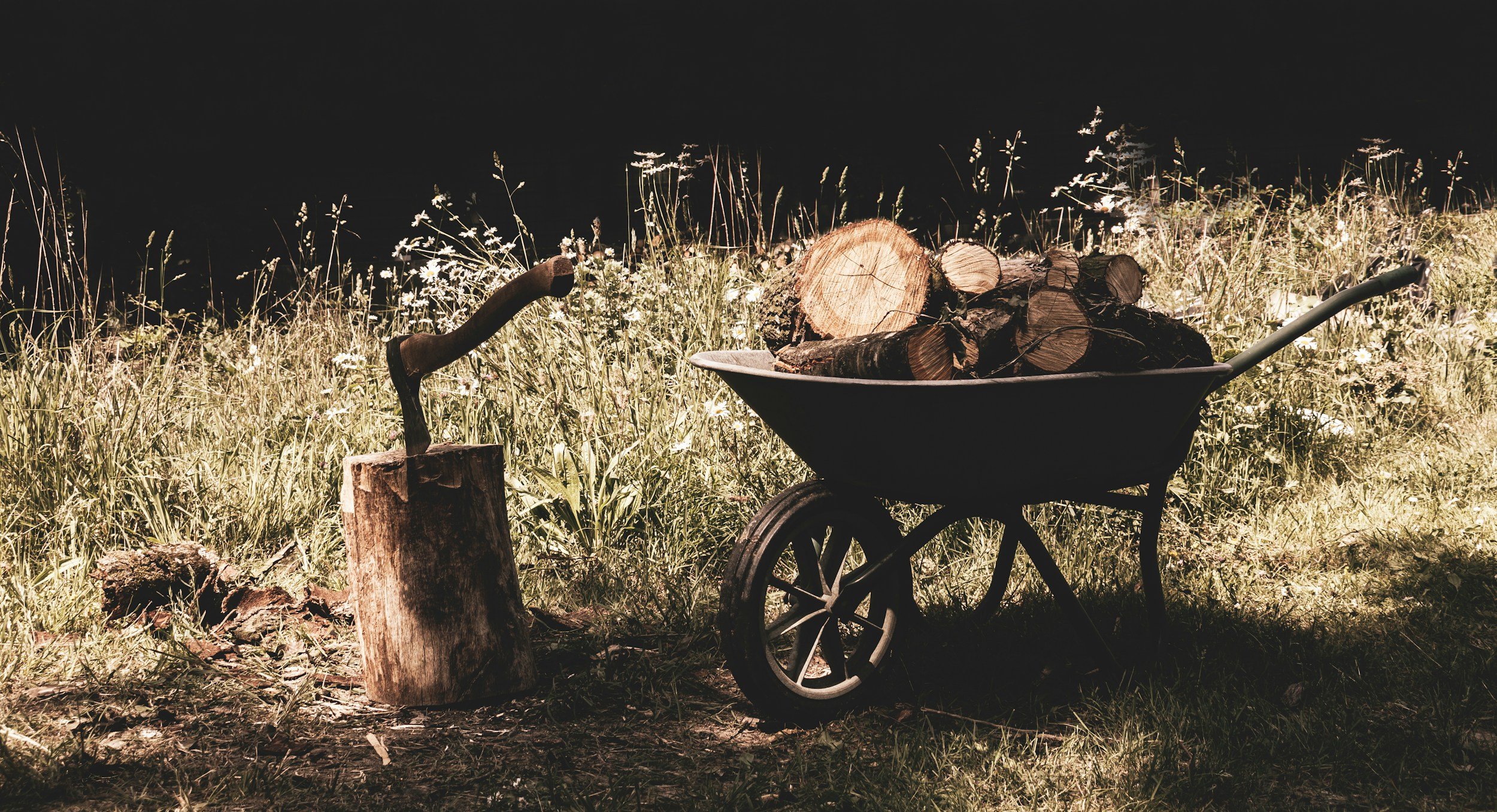
Ensemble Proton: Heimkommen
Francesca Gaza — nine miniatures on the folklore of plants (2026)
Ben Johnston — String Quartet No. 4 «Amazing Grace» (1973) arr. Richard Elliot Haynes (2026)
Vicente Atria — new work (2026)
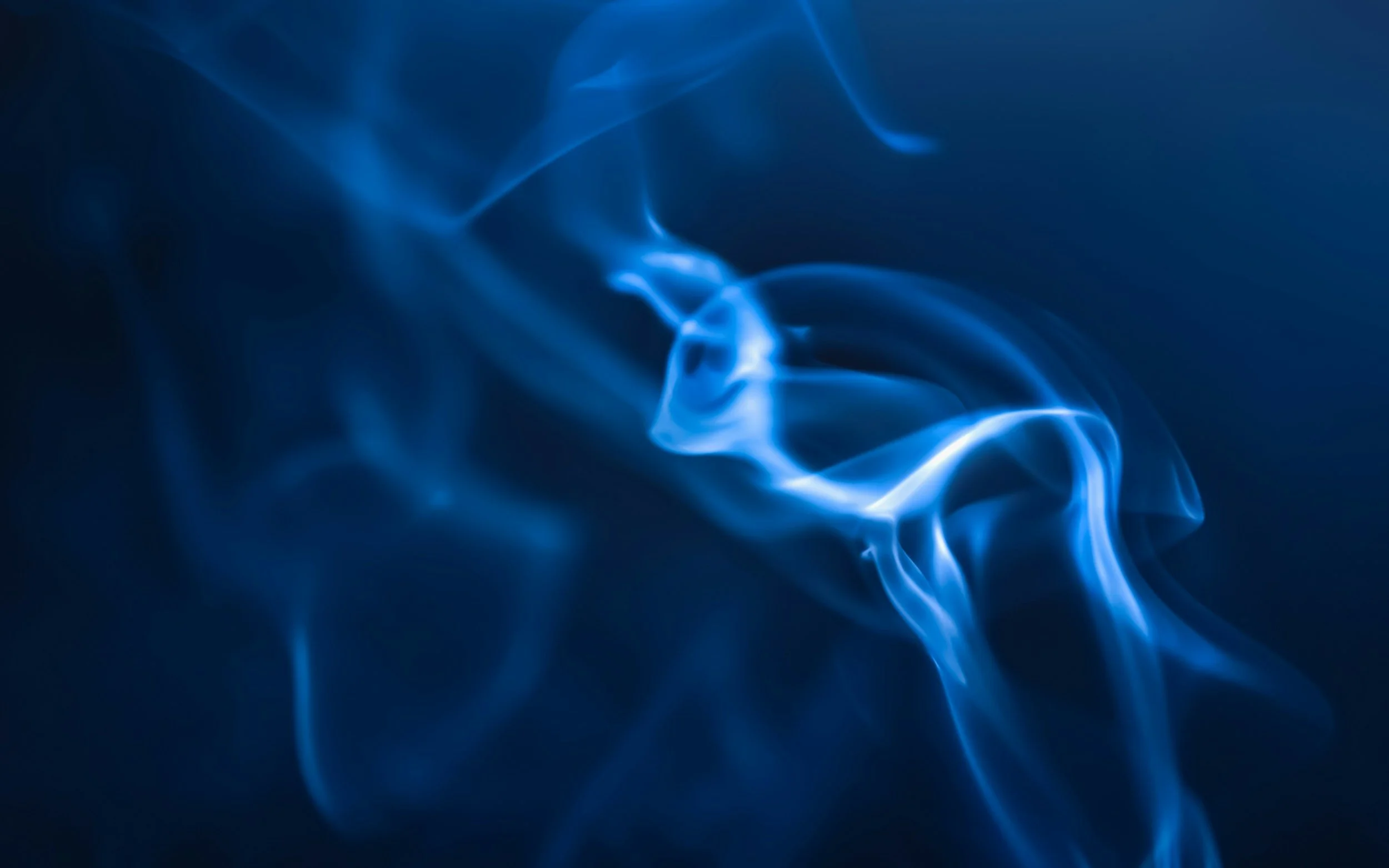
Ensemble Proton: Annähern/Zersplittern
Louis Schild — Myriads #3 (2026)
Martina Lussi — Proximity (2024)
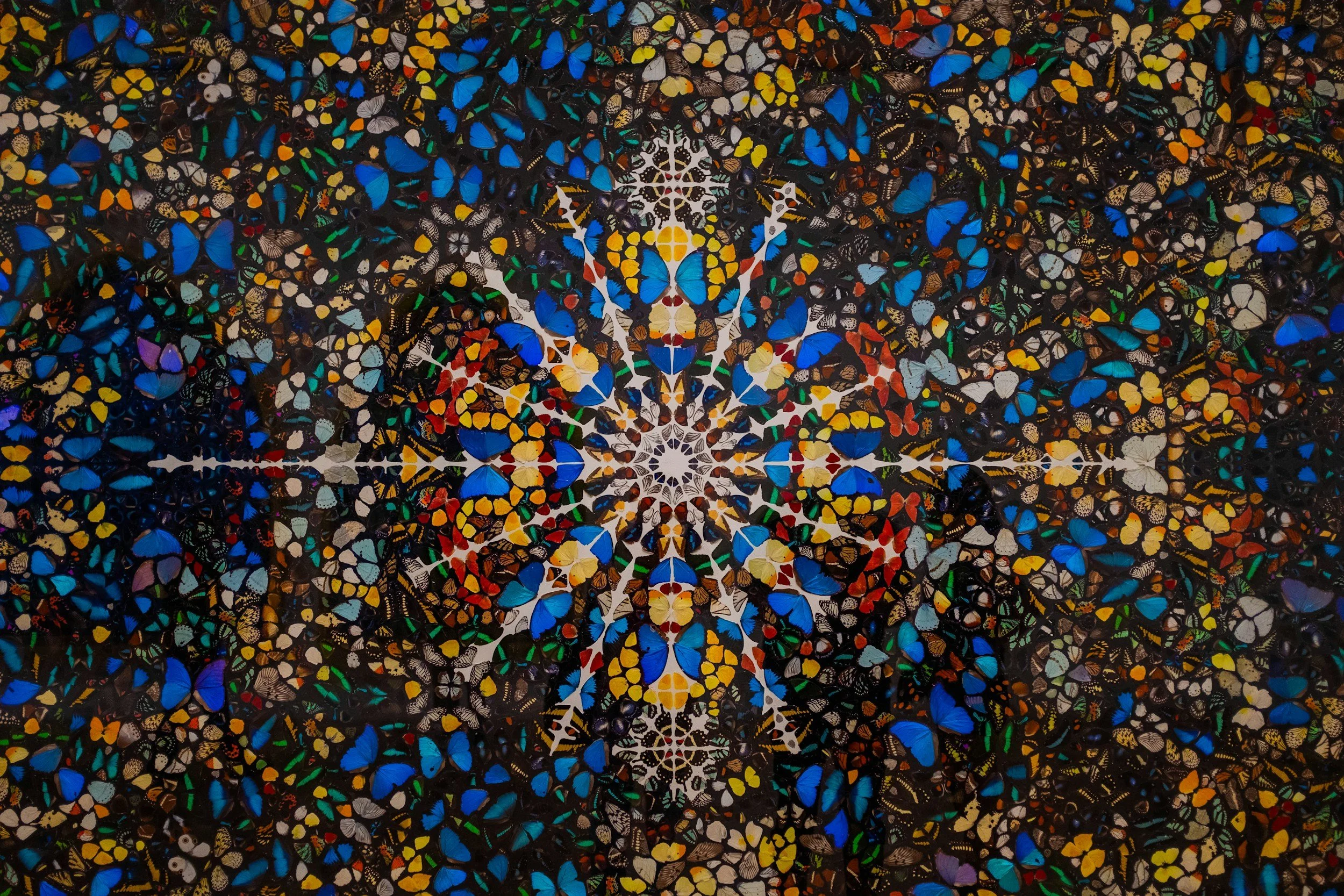
Basel Sinfonietta: Gesprengte Welten / LSD
Anna Thorvaldsdottir — Archora (2022)
Leo Dick — Hofmann in Death Valley (2026)
Olivier Messiaen — Et exspecto resurectionem mortuorum (1965)
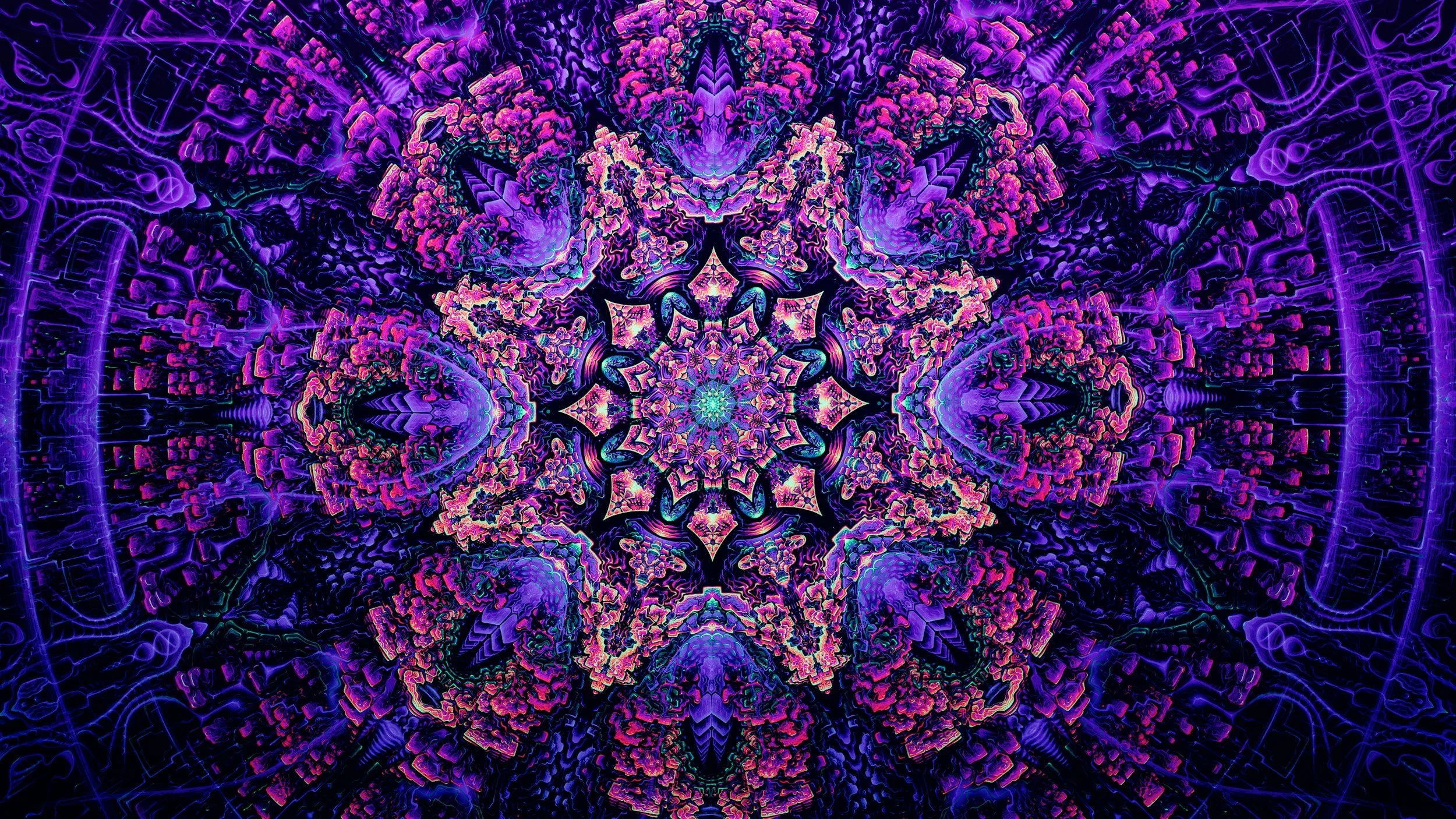
Basel Sinfonietta: Gesprengte Welten / LSD
Anna Thorvaldsdottir — Archora (2022)
Leo Dick — Hofmann in Death Valley (2026)
Olivier Messiaen — Et exspecto resurectionem mortuorum (1965)
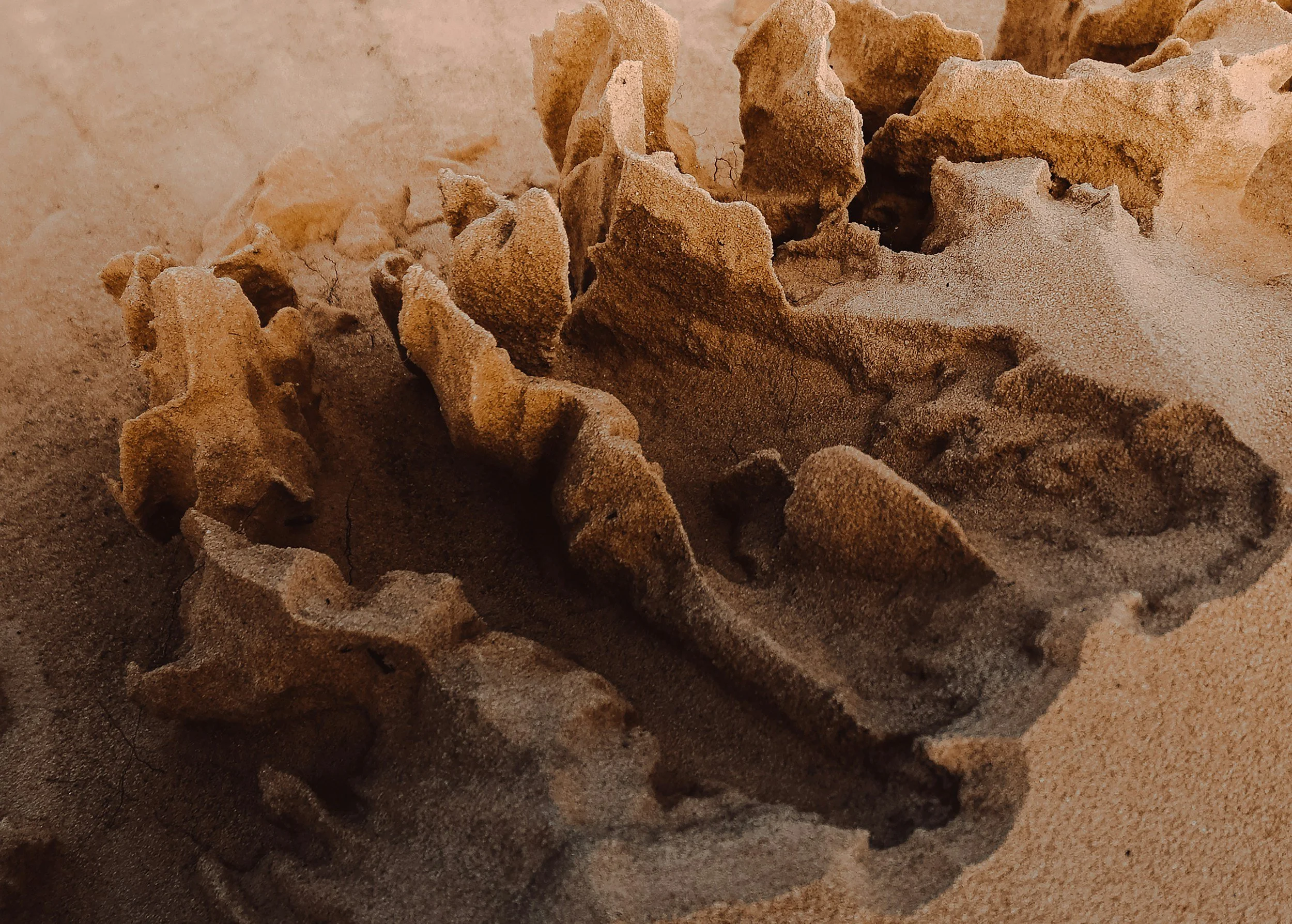
Basel Sinfonietta: Groove / Harmony
Morton Feldman — Dirge. In Memory of Thomas Wolfe (1943) — Episode (1949) — Orchestra (1976)
Earle Brown — The Kind of Bird I Am (1957)
John Adams — Harmonielehre (1985)
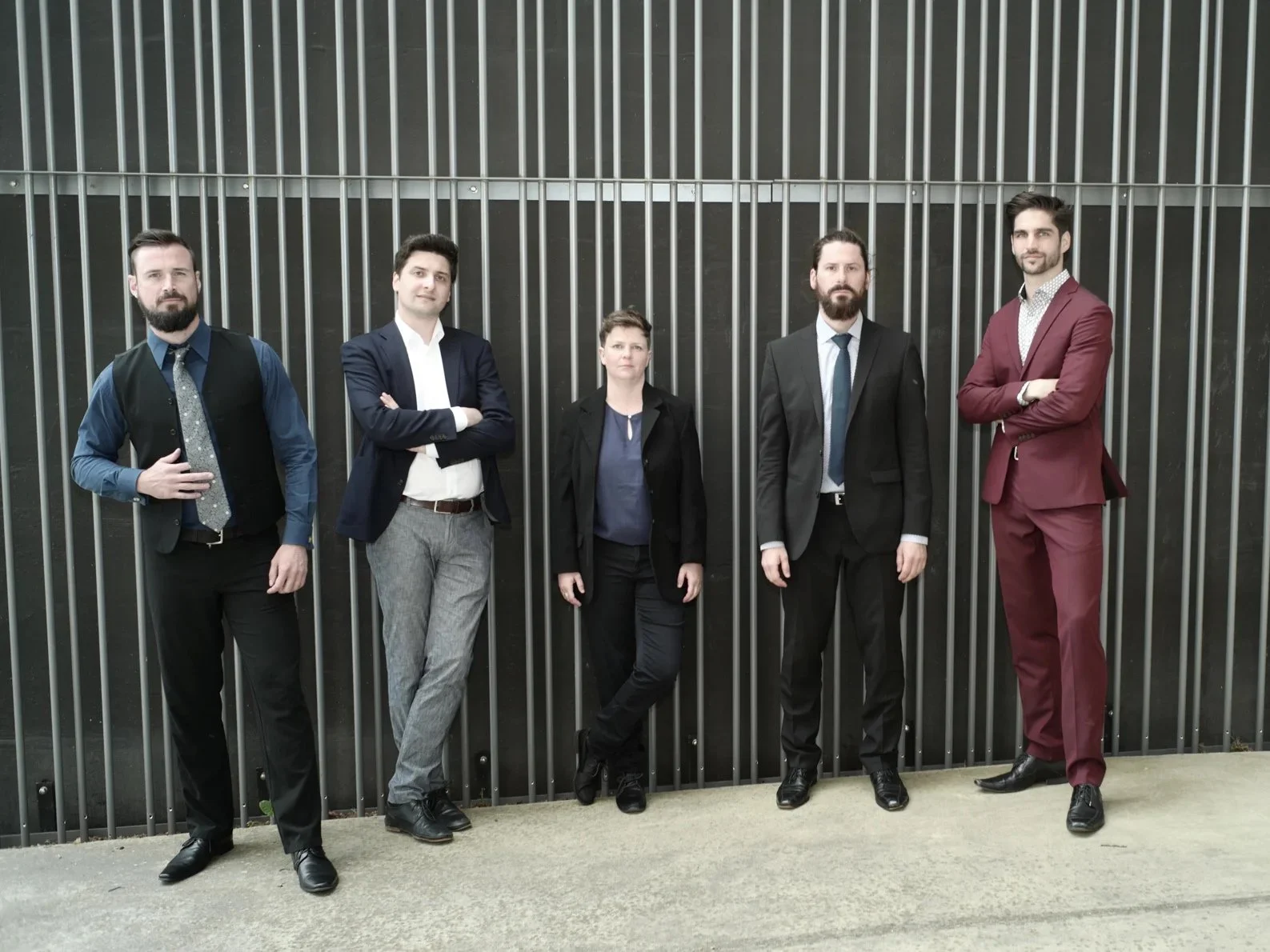
Blattwerk Quintett: Traces
Mel Bonis (1858-1937) — Quatre pièces dans le style ancien arr. Elise Jacoberger
Béla Bartók (1881-1945) — Suite, Op. 14 arr. Richard Elliot Haynes
Isaac Albéniz (1860-1909) — Iberia: El puerto, Evocacion, El Albaicín arr. Richard Elliot Haynes
George Gershwin (1898-1937) — An American in Paris arr. Raaf Hekkema

Basel Sinfonietta: Trauma / Heilung
Sivan Eldar — Una mujer derramada
Cassandra Miller — I cannot love without trembling
Joana Aderi — Lizard
Amyra León — 23 Days
Sara Glojnarić — sugarcoating #4
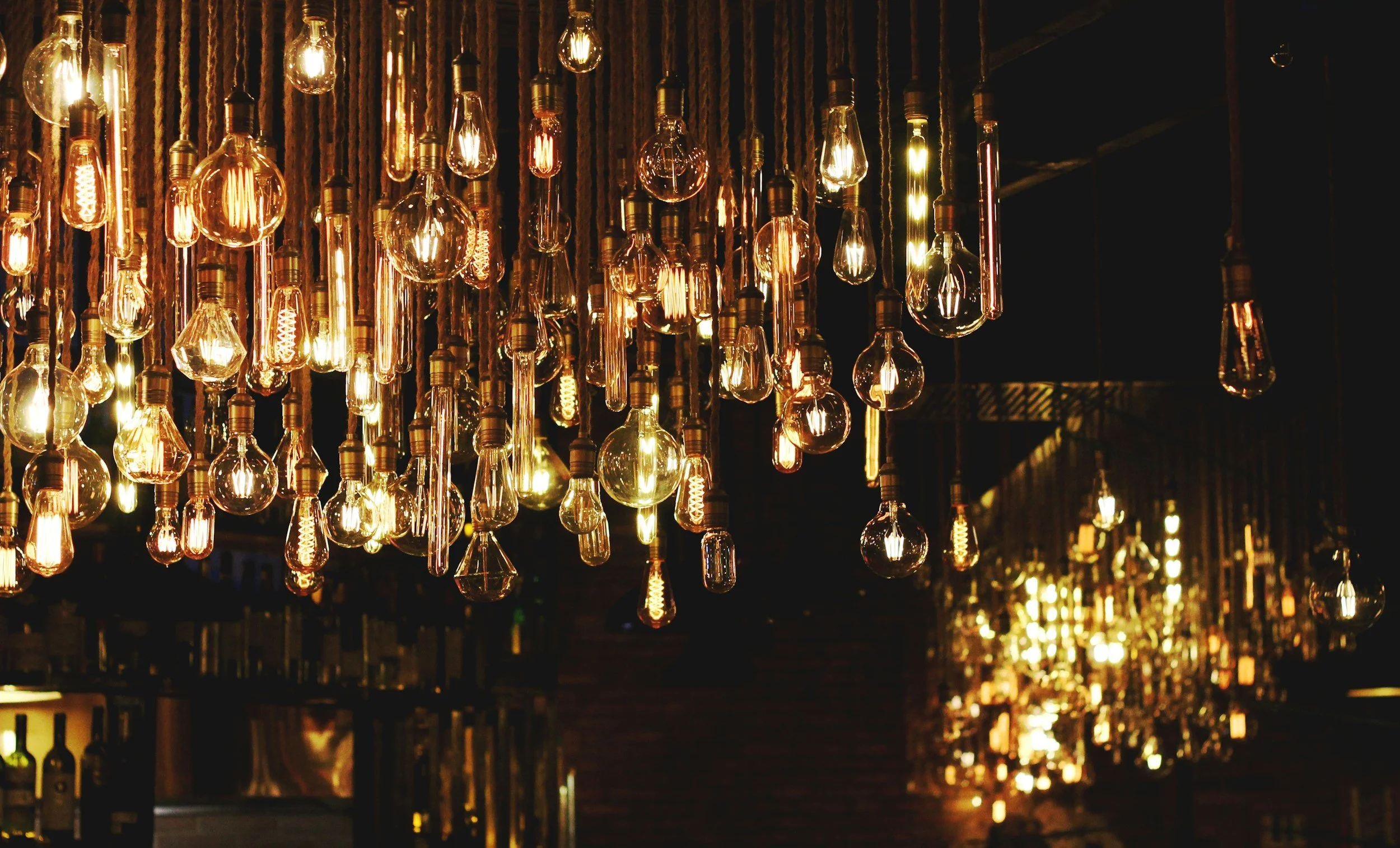
Ensemble Proton: Bold & Just
Marc Sabat — The Tree (2025) for lumatone & ensemble
Saad Haddad — Wilada (2025) for arciorgano & ensemble

Ensemble Proton: Bold & Just
Marc Sabat — The Tree (2025) for lumatone & ensemble
Saad Haddad — Wilada (2025) for arciorgano & ensemble

Ensemble Proton: Cocotron @ Akouphéne
Daniel Zea — Cocotrón (2025) @ Akouphéne Festival, Geneva

Basel Sinfonietta: Frauenstimmen
Helen Grime — River (2023) Swiss Premiere
Laura Bowler — Things are against us (2025) World Premiere
Grace Williams — Penillion (1955)
Anna Clyne — This Midnight Hour (2015)

Basel Sinfonietta: Zeit und Licht
Gérard Grisey — Le temps et l'écume (1988)
Beat Furrer — Phaos (2005)
Clara Iannotta — Moult (2019)
Stefan Wirth — Eleusis (2025)
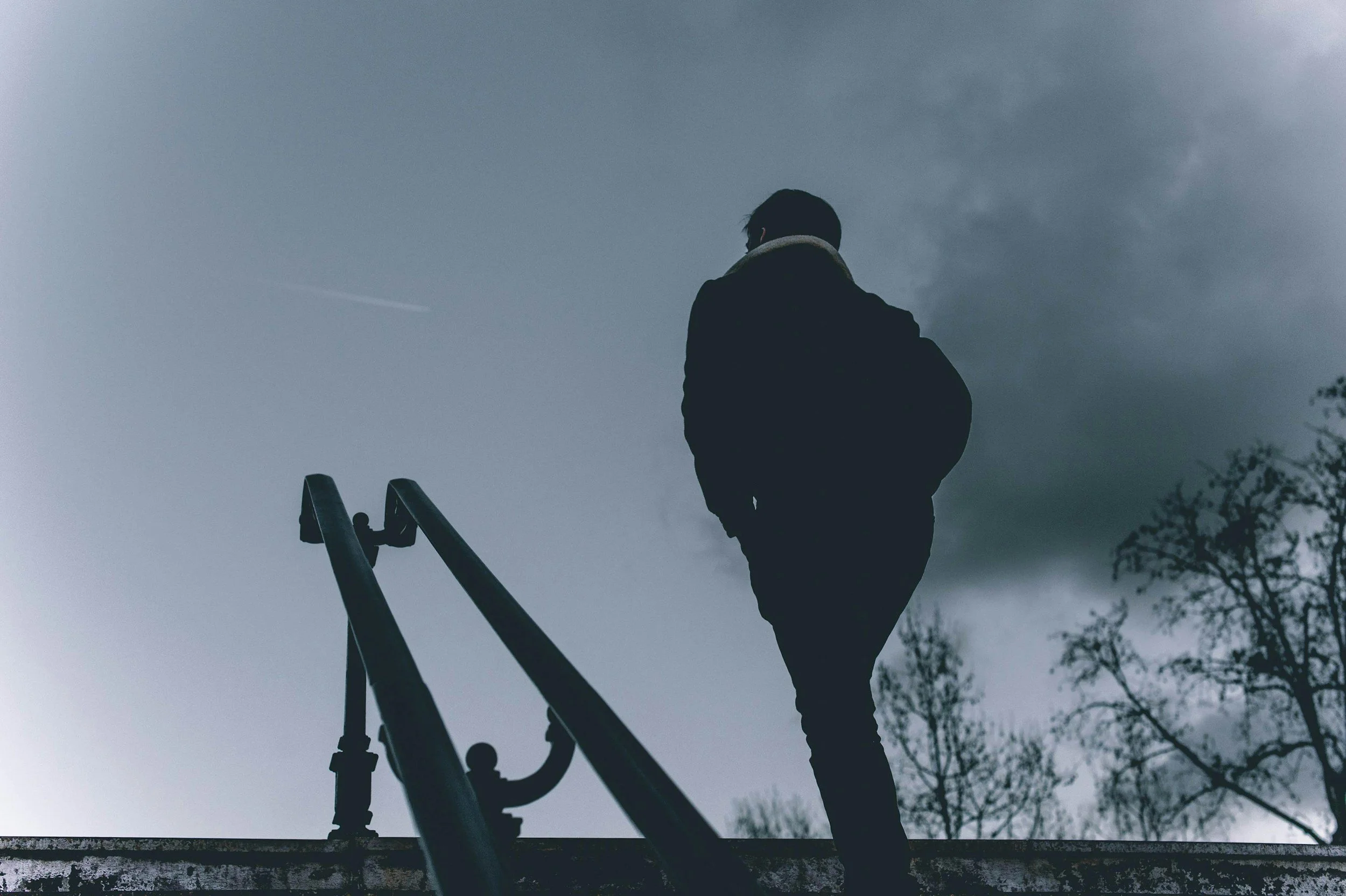
Ensemble Proton: Ritual & Identity
Jessie Marino — Swimmer (2025)
Daniel Zea — Cocotrón (2025)
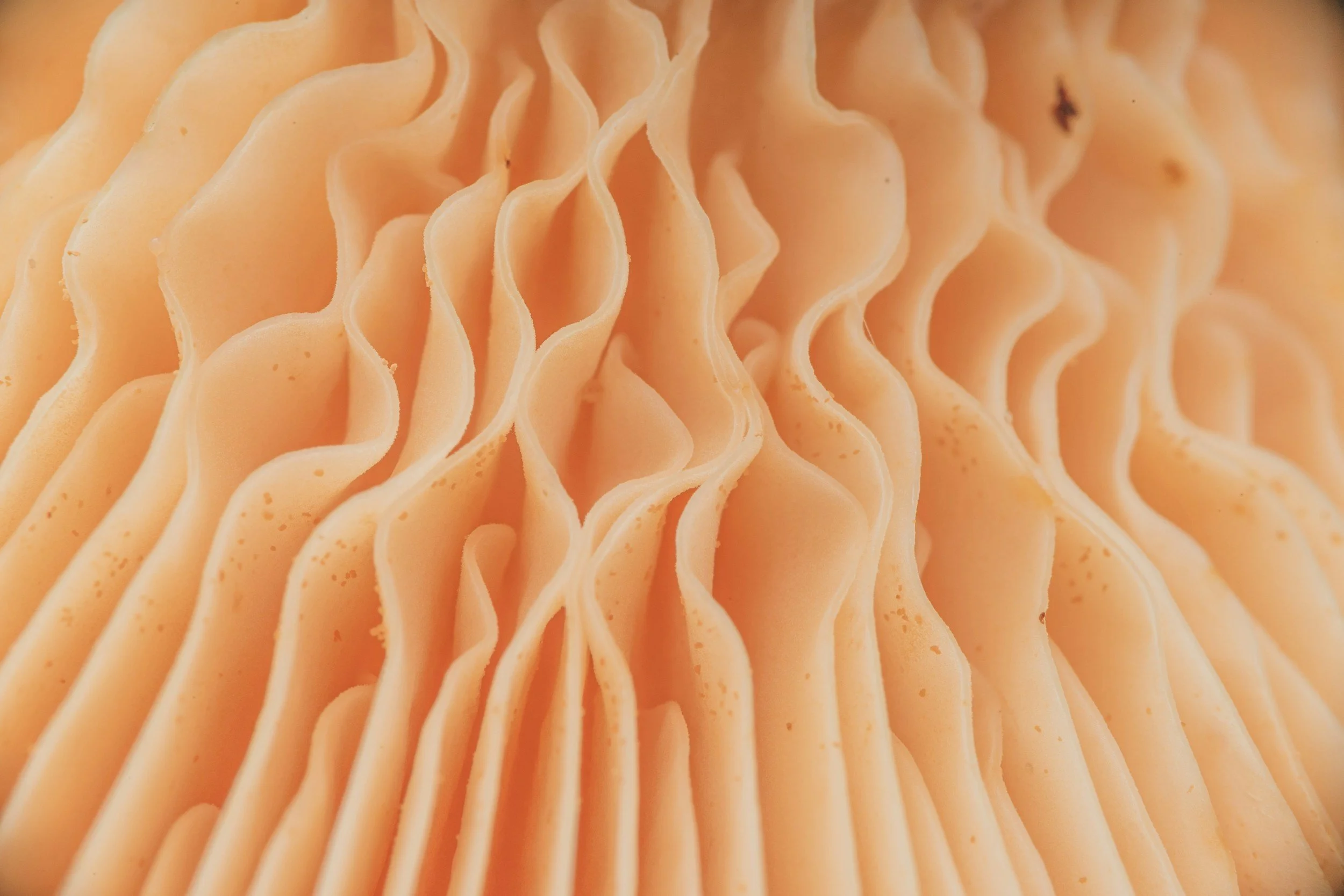
Basel Sinfonietta: Rausch / Pilze
Gérard Grisey — Le temps et l'écume (1988)
Beat Furrer — Phaos (2005)
Clara Iannotta — Moult (2019)
Stefan Wirth — Eleusis (2025)
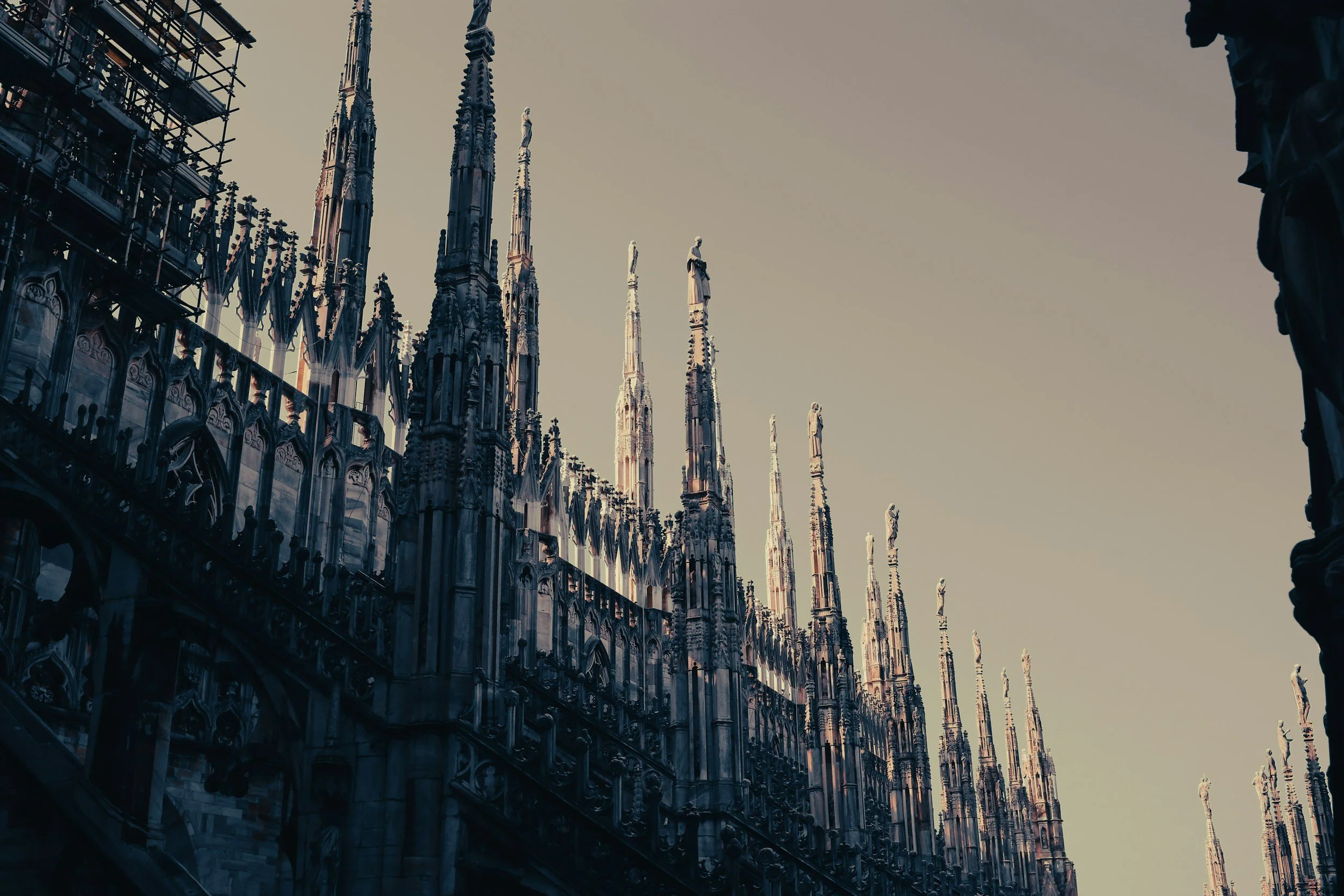
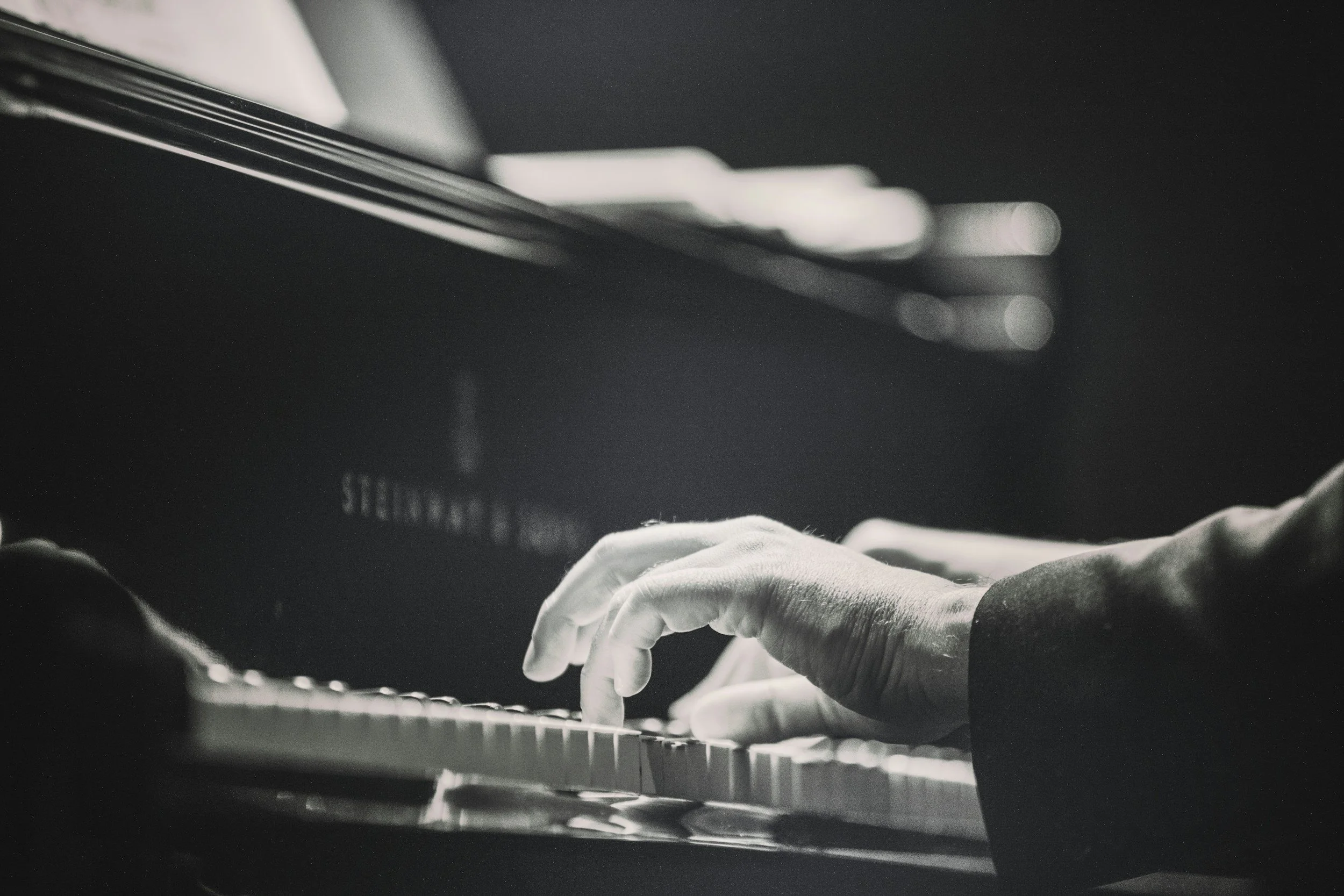
Orchestre des Jardins Musicaux: Rachmaninov & Zimmermann
Bernd Alois Zimmermann (1918-1970) — Nobody knows de trouble I see (1954) Concerto for trumpet and orchestra, inspired by Louis Armstrong
Sergei Rachmaninov (1873-1943) — Concerto for piano No. 2 in C minor, Op. 18 (1900)
Sylvain Tolck, trumpet; Roger Muraro, piano; Orchestre des Jardins Musicaux cond. Valentin Reymond
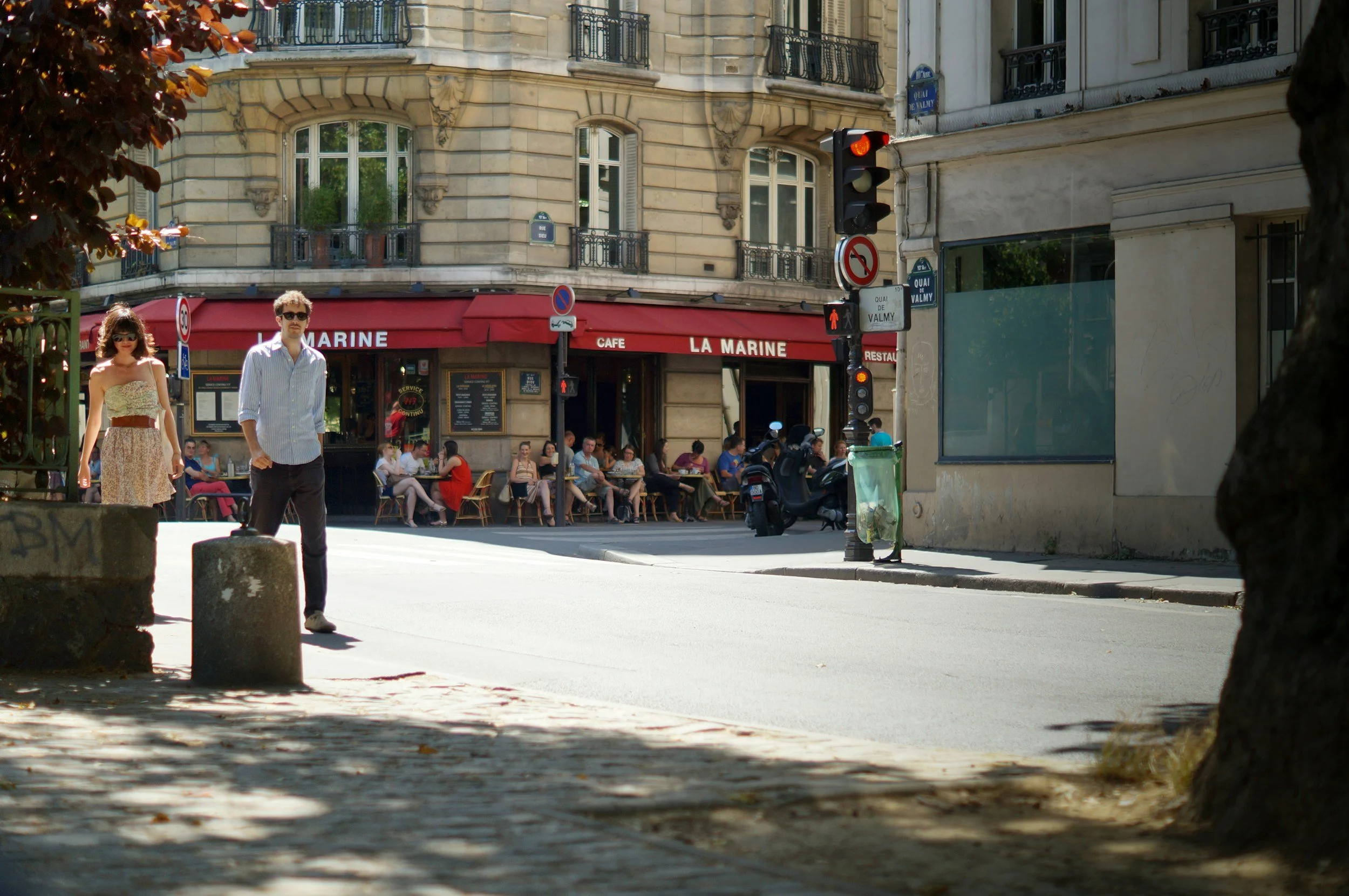
Blattwerk Quintett: Jahreszeiten Konzerte
The concert series Jahreszeiten Konzerte in Blumenstein, Switzerland invites Blattwerk Quintett to perform a programme of French music with, an inspired by piano:
Francis Poulenc (1899-1963) — Trio pour hautbois, basson et piano (1926)
Maurice Ravel (1875-1937) — Ma mère l’oye (1908-1911) arr. E. Jacoberger & J. Tschanz
Claude Debussy (1862-1918) — Six épigraphes antiques (1914) arr. E. Wesly
Francis Poulenc (1899-1963) — Sextuor pour vents et piano (1932)
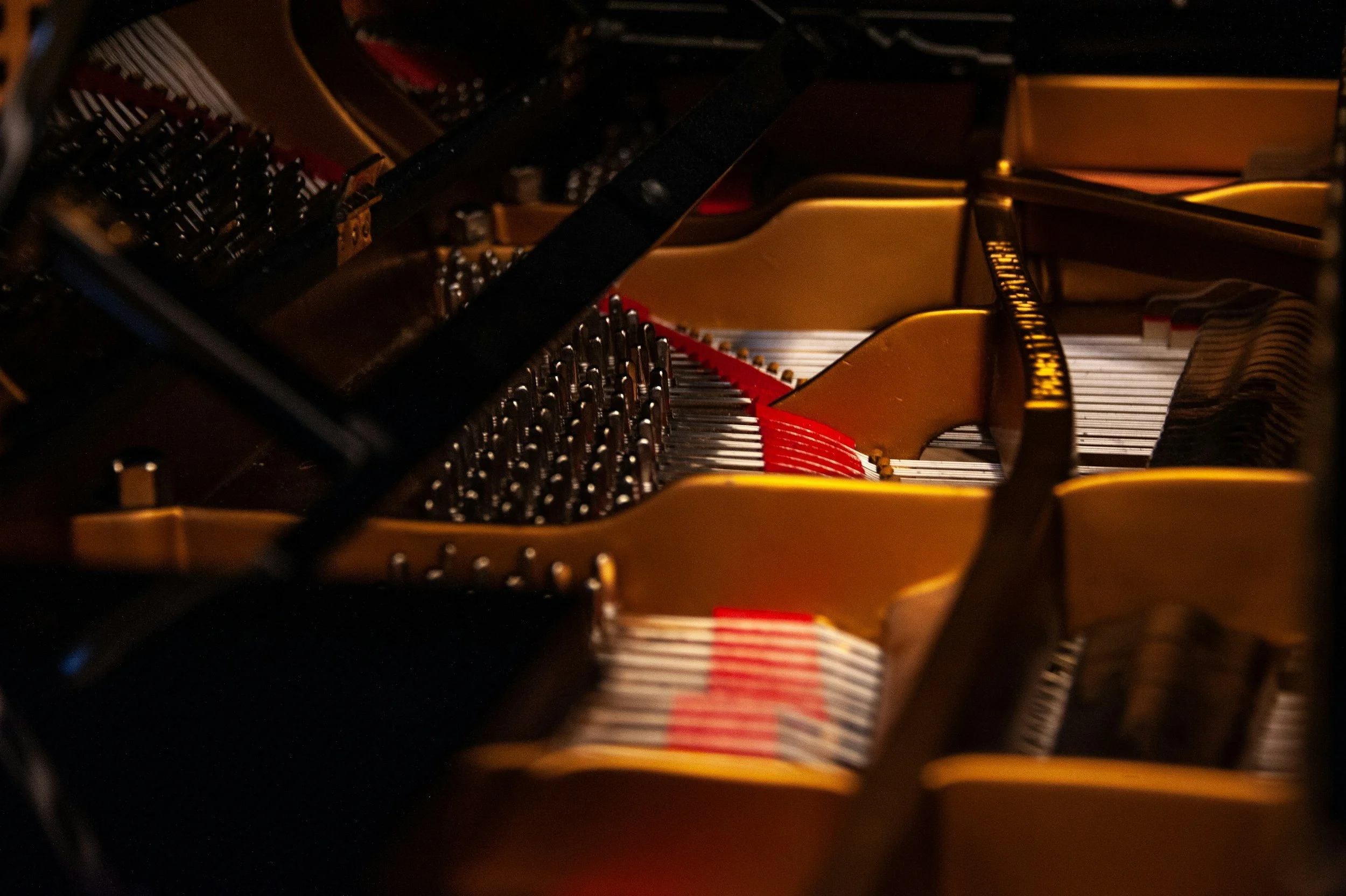
Orchestre des Jardins Musicaux: Rachmaninov & Zimmermann
Bernd Alois Zimmermann (1918-1970) — Nobody knows de trouble I see (1954) Concerto for trumpet and orchestra, inspired by Louis Armstrong
Sergei Rachmaninov (1873-1943) — Concerto for piano No. 2 in C minor, Op. 18 (1900)
Sylvain Tolck, trumpet; Roger Muraro, piano; Orchestre des Jardins Musicaux cond. Valentin Reymond
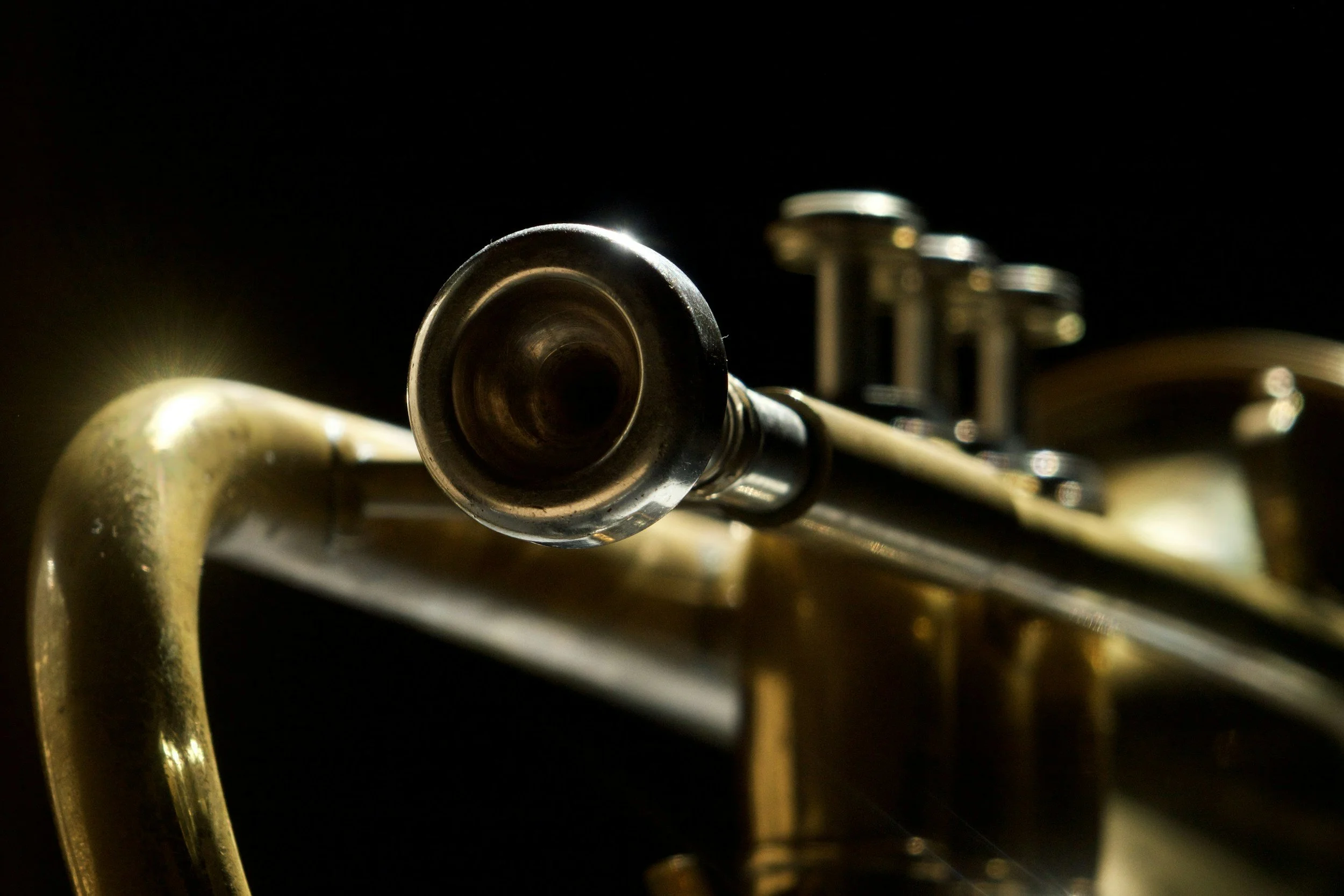
Orchestre des Jardins Musicaux: Rachmaninov & Zimmermann
Bernd Alois Zimmermann (1918-1970) — Nobody knows de trouble I see (1954) Concerto for trumpet and orchestra, inspired by Louis Armstrong
Sergei Rachmaninov (1873-1943) — Concerto for piano No. 2 in C minor, Op. 18 (1900)
Sylvain Tolck, trumpet; Roger Muraro, piano; Orchestre des Jardins Musicaux cond. Valentin Reymond
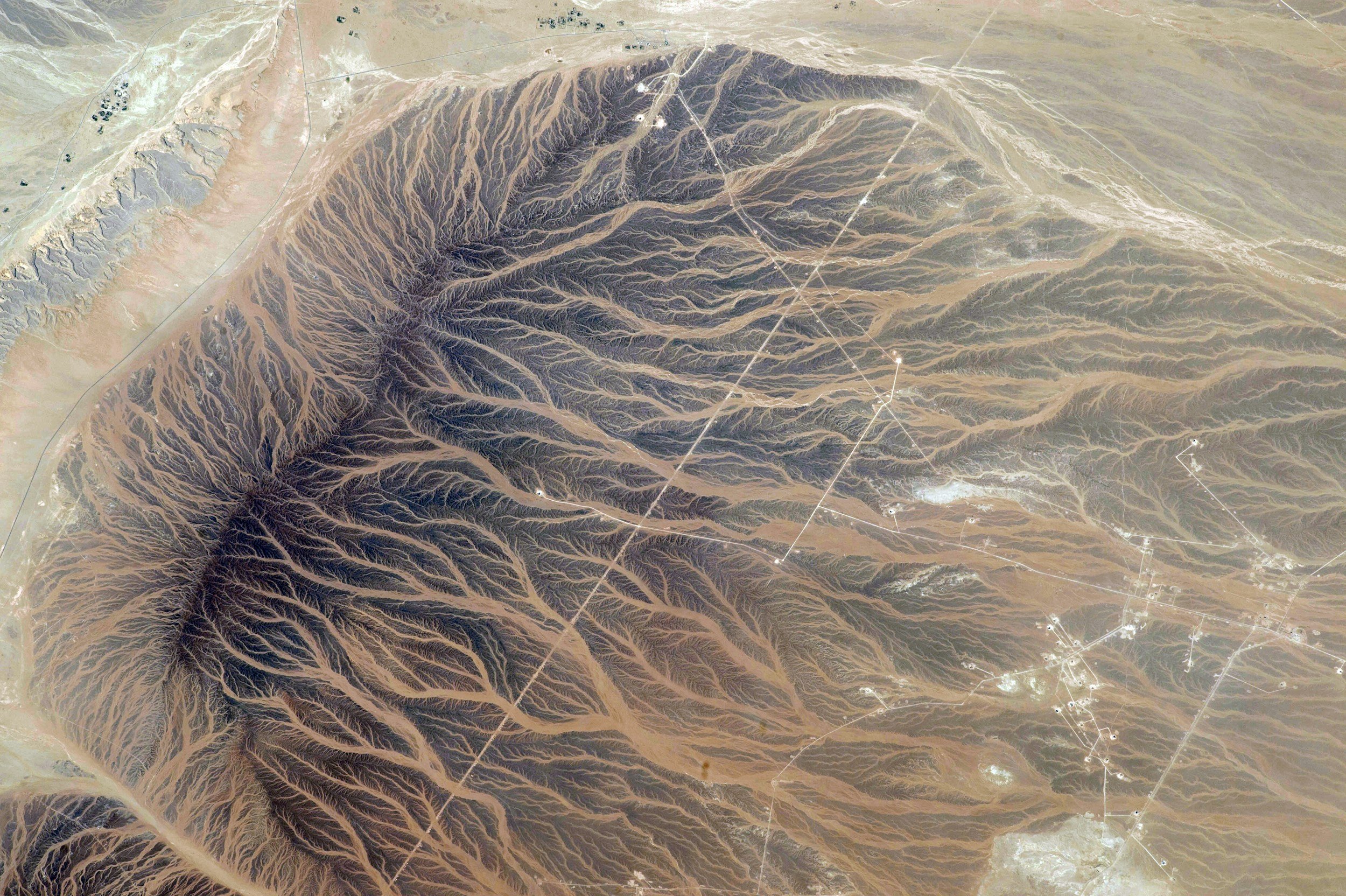
Elision Ensemble: Axis Mundi & Double Labyrinth
Elision Ensemble presents Axis Mundi & Double Labyrinth
Charlie Sdraulig — Air (2025)
John Rodgers — Ciacco (1999)
Julio Estrada — Yuunohui’ nahui’ ehecatl (1985/2012)
Liza Lim — Axis mundi (2012-13)
Brenda Gifford — Wanggadhi (2025)
Victor Arul — Barrelled space (2025)
Bryn Harrison — Double Labyrinth after Richard Dunn V2 (2025)
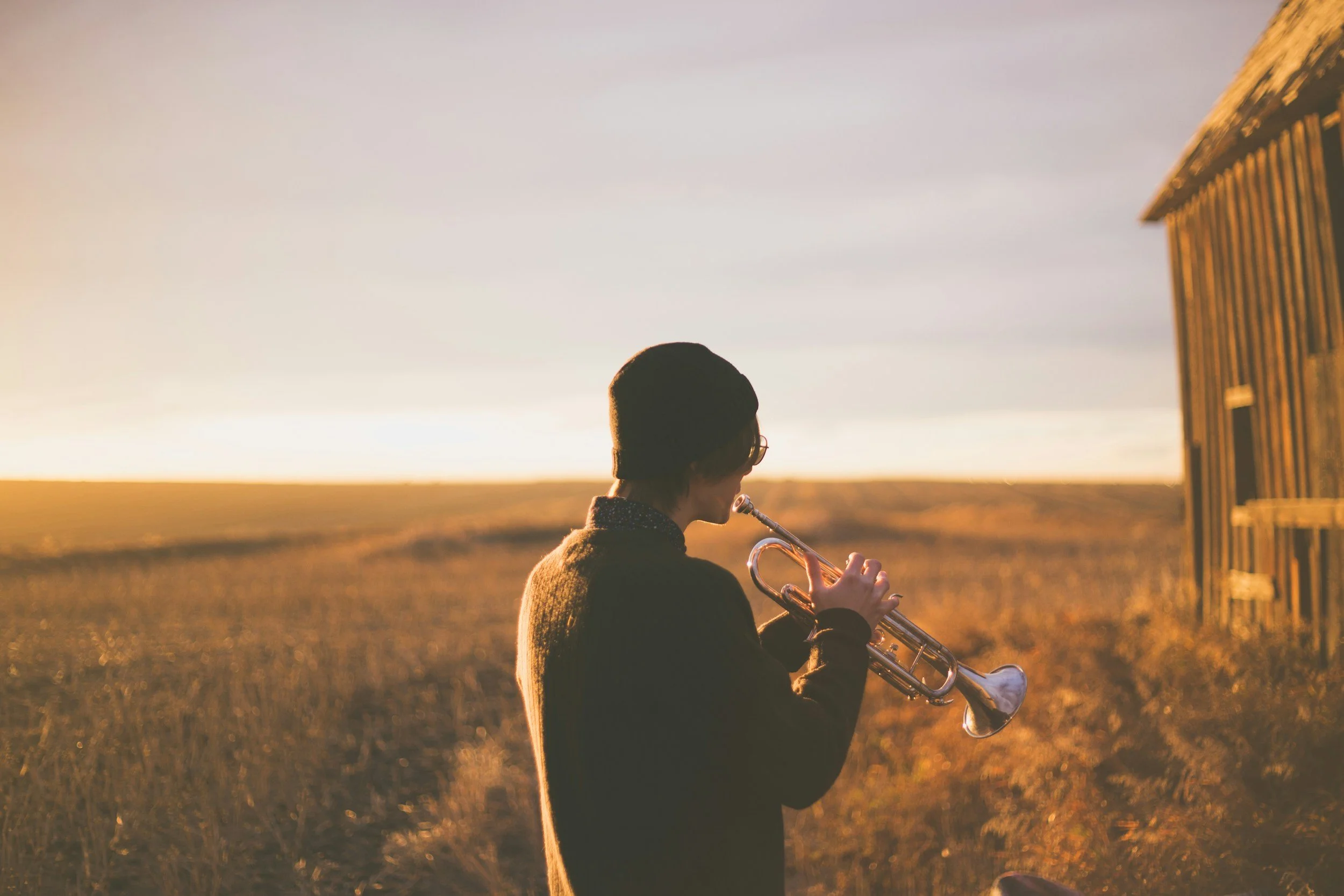
Elision Ensemble & Australian National Academy of Music
Elision Ensemble & musicians of the Australian National Academy of Music (ANAM)
Franco Donatoni — Spiri (1977)
Iannis Xenakis — Eonta (1963)
Dariya Maminova — Melchior (2021)
Liza Lim — Veil (1999)
Isabel Mundry — Le voyage (1996)

Basel Sinfonietta: Kraftfelder | Basel
Dieter Ammann — Klavierkonzert «Gran Toccata» (2016/19)
John Luther Adams — Become Ocean (2013)

Ensemble Musikfabrik: Hotel Europa | Berlin
Arnulf Herrmann – Hotel Europa (2024) World Premiere for chamber choir and nine instruments

Ensemble Proton: Screen & Sound | Zurich Videoex
Works for ensemble & video by this year’s cohort of Protonwerk winners, presented at Zurich’s Videoex Festival

Basel Sinfonietta: Kraftfelder | Hamburg
Dieter Ammann — Klavierkonzert «Gran Toccata» (2016/19)
John Luther Adams — Become Ocean (2013)
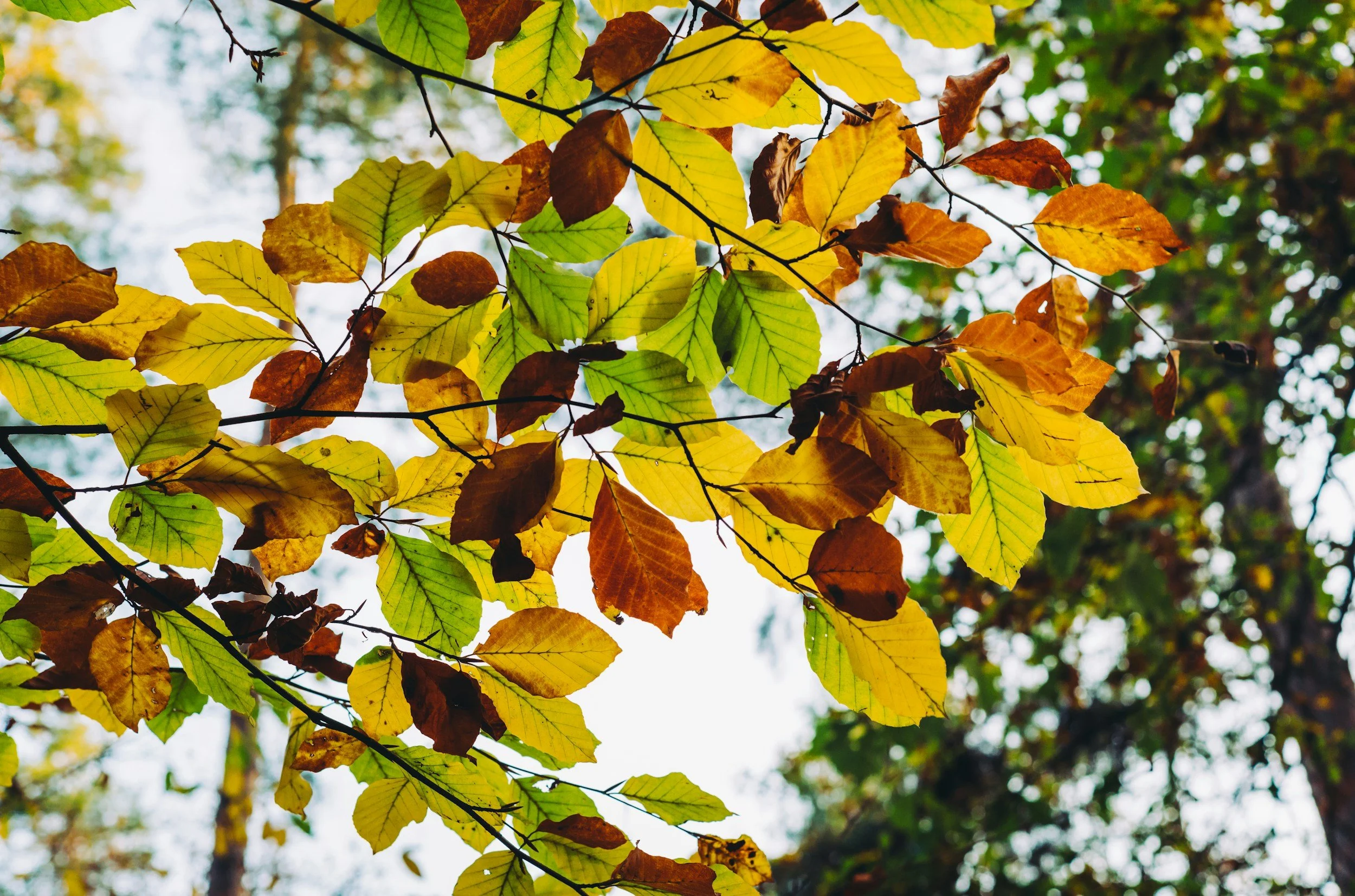
Blattwerk Quintett: Kammermusik Arlesheim
Paul Wranitzky — Parthia in F Major arr. R. Haynes
Isaac Albéniz — Iberia: Suite arr. R. Haynes
George Gershwin — An American in Paris arr. R. Hekkema
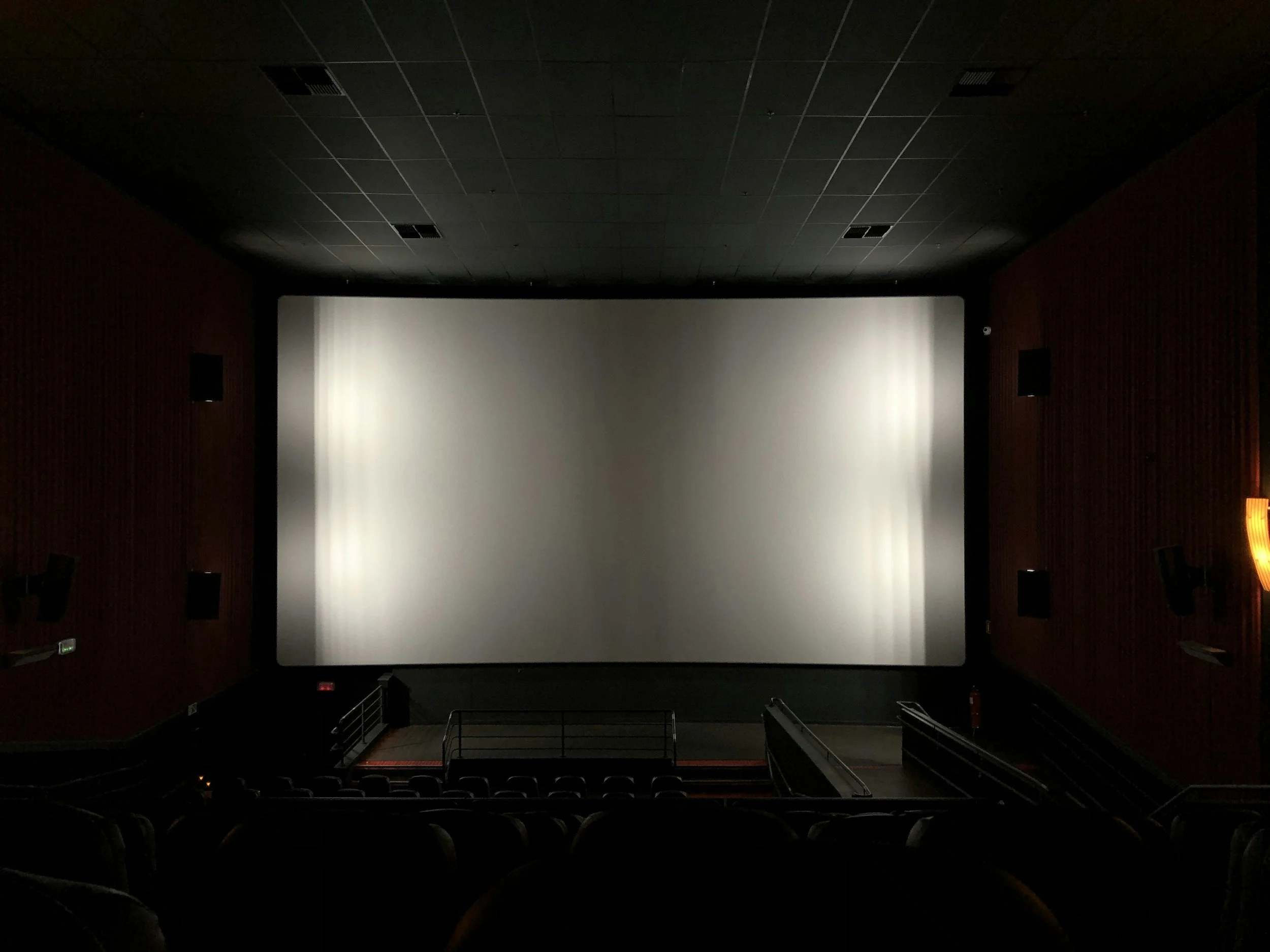
Ensemble Proton: Screen & Sound | Bern
Works for ensemble & video by this year’s cohort of Protonwerk winners

Philharmonia Zürich: Festkonzert Richard Strauss
Philharmonia Zürich & Gianandrea Noseda
Richard Strauss — Mondscheinmusik aus der Oper "Capriccio"
Richard Strauss — Vier letzte Lieder
Richard Strauss — Don Quixote

Ensemble Proton: Erinnern & Vergessen
Ensemble Proton presents ERINNERN & VERGESSEN
Karen Keyhani — Dârvag (2023) for oud & ensemble WP
Daniel Reza Sabzghabaei — in the skin (2025) for ensemble WP
Lawrence Dunn — Ash Grove (2025) for ensemble WP

Ensemble Proton: Erinnern & Vergessen
Ensemble Proton presents ERINNERN & VERGESSEN
Karen Keyhani — Dârvag (2023) for oud & ensemble WP
Daniel Reza Sabzghabaei — in the skin (2025) for ensemble WP
Lawrence Dunn — Ash Grove (2025) for ensemble WP

Basel Composition Competition: Finalists' Concert
Basel Sinfonietta — Kammerorchester Basel — Sinfonieorchester Basel
Programme to be announced on Saturday evening 1st February 2025

Basel Composition Competition
Basel Sinfonietta — cond. Pablo Rus Broseta
GuangShi Quan — Seven Days Fairy Tale
Said Ruiz Salazar — Negra espalda del tiempo
Qianchen Lu — Nine Odes to the Night
René Kuwan — Rien ne va plus

Basel Sinfonietta: Von Maria zu Fatimah
Basel Sinfonietta — Von Maria zu Fatimah
Jessica Cottis — conductor, Ilse Eerens — soprano, Simone Zgraggen — violin, Marie Stockmarr Becker — viola, Fran Lorkovic — vibraphone
Lera Auerbach — Sogno di Stabat Mater (2005)
Anna Clyne — Within Her Arms (2009)
Helga Arias — I breathe every sound you leave behind (2025)
Liza Lim — Annunciation Triptych (2020)

Orchestre Valéik Philharmonik: Casse-Noisette
l’Orchestre Valéik Philharmonik cond. Laurent Zufferey
Piotr Ilych Tchaikovsky — The Nutcracker Ballet / Der Nussknacker / Casse-Noisette
www.cmclassics.ch

Ensemble Proton & Nouvel Ensemble Contemporain: La Chaux-de-Fonds
Ensemble Proton & Nouvel Ensemble Contemporain present SPEICHER
Enno Poppe — Speicher I-VI (2008/2013) for large ensemble
Gregor A. Mayrhofer — conductor
Susanne Peters — piccolo, flute, bass flute
Bettina Berger — flute, alto & bass flutes
Martin Bliggenstorfer — oboe, cor anglais
Richard Elliot Haynes — E-flat, B-flat & bass clarinets
Jean-François Lehmann — B-flat & bass clarinets
Vincent Daoud — soprano & alto saxophones
Elise Jacoberger — bassoon, contraforte
Jorge Manuel Fuentes Arce — horn
Alain Bertholet — piccolo trumpet, trumpet and slide-trombone
Martial Rosselet — trombone
Vera Schnider — harp
Coco Schwarz — piano, celesta
Julien Mégroz & Jens Ruland — percussion
Nejc Grm — accordion
Maximilian Haft & Sarah Saviet — violin
Sophie Wahlmüller & Léa Legros Pontal — viola
Martina Brodbeck & Jan-Filip Ťupa — violoncello
Noëlle Reymond — double bass
RESERVE (Click on “Courriel”)
Archive
-
May 2026
- May 31, 2026 Basel Sinfonietta: Groove / Harmony May 31, 2026
- May 10, 2026 Basel Sinfonietta: Gesprengte Welten / LSD May 10, 2026
- May 3, 2026 Basel Sinfonietta: Gesprengte Welten / LSD May 3, 2026
-
April 2026
- Apr 21, 2026 Ensemble Proton: Annähern/Zersplittern Apr 21, 2026
- Apr 16, 2026 Ensemble Proton: Heimkommen Apr 16, 2026
- Apr 12, 2026 Opernhaus Zürich: Monster's Paradise Apr 12, 2026
- Apr 10, 2026 Opernhaus Zürich: Monster's Paradise Apr 10, 2026
- Apr 1, 2026 Zurich Opera & Ballet Orchestra: Europe Tour 2026 HAMBURG Apr 1, 2026
-
March 2026
- Mar 31, 2026 Zurich Opera & Ballet Orchestra: Europe Tour 2026 HAMBURG Mar 31, 2026
- Mar 29, 2026 Zurich Opera & Ballet Orchestra: Europe Tour 2026 AIX-EN-PROVENCE Mar 29, 2026
- Mar 28, 2026 Zurich Opera & Ballet Orchestra: Europe Tour 2026 DIJON Mar 28, 2026
- Mar 26, 2026 Zurich Opera & Ballet Orchestra: Europe Tour 2026 VIENNA Mar 26, 2026
- Mar 25, 2026 Zurich Opera & Ballet Orchestra: Europe Tour 2026 MUNICH Mar 25, 2026
- Mar 23, 2026 Zurich Opera & Ballet Orchestra: Europe Tour 2026 LUXEMBOURG Mar 23, 2026
- Mar 22, 2026 Zurich Opera & Ballet Orchestra: Europe Tour 2026 PARIS Mar 22, 2026
- Mar 21, 2026 Zurich Opera & Ballet Orchestra: Mühlemann & Noseda Mar 21, 2026
- Mar 18, 2026 Opernhaus Zürich: Monster's Paradise Mar 18, 2026
- Mar 14, 2026 Opernhaus Zürich: Monster's Paradise Mar 14, 2026
- Mar 10, 2026 Opernhaus Zürich: Cardillac Mar 10, 2026
- Mar 8, 2026 Opernhaus Zürich: Monster's Paradise Mar 8, 2026
- Mar 6, 2026 Collegium Musicum Basel: Trauer & Trost Mar 6, 2026
-
February 2026
- Feb 28, 2026 Opernhaus Zürich: Opera Nova — Neuwirth Feb 28, 2026
- Feb 21, 2026 Opernhaus Zürich: Cardillac Feb 21, 2026
- Feb 18, 2026 Opernhaus Zürich: Cardillac Feb 18, 2026
- Feb 11, 2026 Blattwerk Quintett: Traces Feb 11, 2026
-
January 2026
- Jan 31, 2026 Feldmusik Sarnen: Klarinettenworkshop Jan 31, 2026
- Jan 25, 2026 Opernhaus Zürich: Hänsel & Gretel Jan 25, 2026
- Jan 24, 2026 Opernhaus Zürich: Hänsel & Gretel Jan 24, 2026
- Jan 18, 2026 Basel Sinfonietta: Trauma / Heilung Jan 18, 2026
-
December 2025
- Dec 18, 2025 Ensemble Proton: Bold & Just Dec 18, 2025
- Dec 16, 2025 Ensemble Proton: Bold & Just Dec 16, 2025
-
November 2025
- Nov 29, 2025 Ensemble Proton: Cocotron @ Akouphéne Nov 29, 2025
- Nov 26, 2025 Opernhaus Zürich: La forza del destino Nov 26, 2025
- Nov 21, 2025 Opernhaus Zürich: La forza del destino Nov 21, 2025
- Nov 20, 2025 Opernhaus Zürich: Hänsel & Gretel Nov 20, 2025
- Nov 16, 2025 Opernhaus Zürich: Hänsel & Gretel Nov 16, 2025
- Nov 15, 2025 Basel Sinfonietta: Klangfüchse Nov 15, 2025
- Nov 15, 2025 Basel Sinfonietta: Klangfüchse Nov 15, 2025
- Nov 15, 2025 Basel Sinfonietta: Klangfüchse Nov 15, 2025
- Nov 14, 2025 Basel Sinfonietta: Klangfüchse Nov 14, 2025
- Nov 12, 2025 Opernhaus Zürich: La forza del destino Nov 12, 2025
- Nov 9, 2025 Basel Sinfonietta: Frauenstimmen Nov 9, 2025
- Nov 2, 2025 Basel Sinfonietta: Zeit und Licht Nov 2, 2025
-
October 2025
- Oct 24, 2025 Opernhaus Zürich: La scala di seta Oct 24, 2025
- Oct 19, 2025 Opernhaus Zürich: Tosca Oct 19, 2025
- Oct 19, 2025 Opernhaus Zürich: La scala di seta Oct 19, 2025
- Oct 15, 2025 Opernhaus Zürich: Tosca Oct 15, 2025
- Oct 14, 2025 Ensemble Proton: Ritual & Identity Oct 14, 2025
-
September 2025
- Sep 28, 2025 Basel Sinfonietta: Rausch / Pilze Sep 28, 2025
- Sep 14, 2025 Basel Sinfonietta: Verdi Requiem Sep 14, 2025
- Sep 7, 2025 Opernhaus Zürich: Countertime Sep 7, 2025
- Sep 7, 2025 Opernhaus Zürich: Countertime Sep 7, 2025
- Sep 5, 2025 Opernhaus Zürich: Countertime Sep 5, 2025
-
August 2025
- Aug 29, 2025 Orchestre des Jardins Musicaux: Rachmaninov & Zimmermann Aug 29, 2025
- Aug 23, 2025 Blattwerk Quintett: Jahreszeiten Konzerte Aug 23, 2025
- Aug 23, 2025 Orchestre des Jardins Musicaux: Rachmaninov & Zimmermann Aug 23, 2025
- Aug 20, 2025 Orchestre des Jardins Musicaux: Rachmaninov & Zimmermann Aug 20, 2025
-
July 2025
- Jul 18, 2025 Elision Ensemble: Axis Mundi & Double Labyrinth Jul 18, 2025
-
June 2025
- Jun 20, 2025 Elision Ensemble & Australian National Academy of Music Jun 20, 2025
- Jun 5, 2025 Basel Sinfonietta: Kraftfelder | Basel Jun 5, 2025
- Jun 4, 2025 Ensemble Musikfabrik: Hotel Europa | Berlin Jun 4, 2025
-
May 2025
- May 21, 2025 Ensemble Proton: Screen & Sound | Zurich Videoex May 21, 2025
- May 10, 2025 Basel Sinfonietta: Kraftfelder | Hamburg May 10, 2025
- May 4, 2025 Blattwerk Quintett: Kammermusik Arlesheim May 4, 2025
-
April 2025
- Apr 27, 2025 Opernhaus Zürich: Lohengrin Apr 27, 2025
- Apr 25, 2025 Opernhaus Zürich: Die Tote Stadt Apr 25, 2025
- Apr 22, 2025 Ensemble Proton: Screen & Sound | Bern Apr 22, 2025
- Apr 16, 2025 Opernhaus Zürich: Lohengrin Apr 16, 2025
- Apr 11, 2025 Opernhaus Zürich: Das Grosse Feuer Apr 11, 2025
- Apr 6, 2025 Opernhaus Zürich: Das Grosse Feuer Apr 6, 2025
- Apr 4, 2025 Opernhaus Zürich: Das Grosse Feuer Apr 4, 2025
-
March 2025
- Mar 30, 2025 Opernhaus Zürich: Das Grosse Feuer Mar 30, 2025
- Mar 28, 2025 Opernhaus Zürich: Das Grosse Feuer Mar 28, 2025
- Mar 25, 2025 Opernhaus Zürich: Das Grosse Feuer Mar 25, 2025
- Mar 23, 2025 Opernhaus Zürich: Das Grosse Feuer Mar 23, 2025
- Mar 22, 2025 Opernhaus Zürich: Manon Lescaut Mar 22, 2025
- Mar 13, 2025 Opernhaus Zürich: Manon Lescaut Mar 13, 2025
- Mar 6, 2025 Opernhaus Zürich: Manon Lescaut Mar 6, 2025
- Mar 1, 2025 Opernhaus Zürich: Manon Lescaut Mar 1, 2025
-
February 2025
- Feb 23, 2025 Opernhaus Zürich: Manon Lescaut Feb 23, 2025
- Feb 22, 2025 Philharmonia Zürich: Festkonzert Richard Strauss Feb 22, 2025
- Feb 19, 2025 Ensemble Proton: Erinnern & Vergessen Feb 19, 2025
- Feb 18, 2025 Ensemble Proton: Erinnern & Vergessen Feb 18, 2025
- Feb 9, 2025 Opernhaus Zürich: Manon Lescaut Feb 9, 2025
- Feb 8, 2025 Opernhaus Zürich: Fidelio Feb 8, 2025
- Feb 2, 2025 Opernhaus Zürich: Fidelio Feb 2, 2025
- Feb 2, 2025 Basel Composition Competition: Finalists' Concert Feb 2, 2025
- Feb 1, 2025 Opernhaus Zürich: Giselle Feb 1, 2025
-
January 2025
- Jan 31, 2025 Basel Composition Competition Jan 31, 2025
- Jan 26, 2025 Basel Sinfonietta: Von Maria zu Fatimah Jan 26, 2025
- Jan 21, 2025 Opernhaus Zürich: Fidelio Jan 21, 2025
- Jan 19, 2025 Opernhaus Zürich: Un Ballo in Maschera Jan 19, 2025
- Jan 17, 2025 Opernhaus Zürich: Roméo et Juliette Jan 17, 2025
- Jan 11, 2025 Opernhaus Zürich: Roméo et Juliette Jan 11, 2025
- Jan 10, 2025 Opernhaus Zürich: Un Ballo in Maschera Jan 10, 2025
- Jan 8, 2025 Opernhaus Zürich: Roméo et Juliette Jan 8, 2025
- Jan 5, 2025 Opernhaus Zürich: Un Ballo in Maschera Jan 5, 2025
- Jan 3, 2025 Opernhaus Zürich: Roméo et Juliette Jan 3, 2025
- Jan 2, 2025 Orchestre Valéik Philharmonik: Casse-Noisette Jan 2, 2025
- Jan 1, 2025 Opernhaus Zürich: Madama Butterfly Jan 1, 2025
-
December 2024
- Dec 22, 2024 Opernhaus Zürich: Madama Butterfly Dec 22, 2024
- Dec 21, 2024 Opernhaus Zürich: Un Ballo in Maschera Dec 21, 2024
- Dec 20, 2024 Ensemble Proton & Nouvel Ensemble Contemporain: La Chaux-de-Fonds Dec 20, 2024
- Dec 17, 2024 Ensemble Proton & Nouvel Ensemble Contemporain: Dampfzentrale Bern Dec 17, 2024
- Dec 15, 2024 Opernhaus Zürich: Giselle Dec 15, 2024
- Dec 14, 2024 Opernhaus Zürich: Un Ballo in Maschera Dec 14, 2024
- Dec 12, 2024 Opernhaus Zürich: Giselle Dec 12, 2024
- Dec 10, 2024 Opernhaus Zürich: Der Fliegende Holländer Dec 10, 2024
- Dec 8, 2024 Basel Sinfonietta: Stadtcasino Basel Dec 8, 2024
-
November 2024
- Nov 30, 2024 Opernhaus Zürich: Der Fliegende Holländer Nov 30, 2024
- Nov 21, 2024 Opernhaus Zürich: Der Fliegende Holländer Nov 21, 2024
- Nov 16, 2024 Neues Orchester Basel: Museum Tinguely Nov 16, 2024
- Nov 15, 2024 Opernhaus Zürich: Clara Nov 15, 2024
- Nov 9, 2024 Opernhaus Zürich: Clara Nov 9, 2024
- Nov 7, 2024 Opera Nova: Tribute to Schnittke Nov 7, 2024
- Nov 3, 2024 Gottesdienst Nov 3, 2024
- Nov 2, 2024 Opernhaus Zürich: Clara Nov 2, 2024
- Nov 1, 2024 Opernhaus Zürich: Clara Nov 1, 2024
-
October 2024
- Oct 30, 2024 Opernhaus Zürich: Clara Oct 30, 2024
- Oct 27, 2024 Blattwerk Quintett: «une géometrie» Musikpodium Zurich Oct 27, 2024
- Oct 18, 2024 Ensemble Proton: Walcheturm Zurich Oct 18, 2024
- Oct 15, 2024 Ensemble Proton: Dampfzentrale Bern Oct 15, 2024
-
September 2024
- Sep 15, 2024 Blattwerk Quintett: Kloster Fischingen Sep 15, 2024
- Sep 14, 2024 Blattwerk Quintett: Crans-Montana Sep 14, 2024
- Sep 13, 2024 Blattwerk Quintett: Label Suisse Sep 13, 2024
- Sep 8, 2024 Ensemble Paul Klee: Die Windrose W + NW Sep 8, 2024
- Sep 7, 2024 Ensemble Paul Klee: Die Windrose S + SW Sep 7, 2024
- Sep 6, 2024 Ensemble Paul Klee: Die Windrose E + SE Sep 6, 2024
- Sep 5, 2024 Ensemble Proton & Cantando Admont: Walcheturm Zurich Sep 5, 2024
- Sep 5, 2024 Ensemble Proton & Cantando Admont: Musikfestival Bern Sep 5, 2024
- Sep 5, 2024 Ensemble Paul Klee: Die Windrose N + NE Sep 5, 2024
- Sep 1, 2024 Orchestre des Jardins Musicaux: Les Temps Modernes | Cernier Sep 1, 2024
-
August 2024
- Aug 30, 2024 Blattwerk Quintett: Schlosskonzerte Laupen Aug 30, 2024
- Aug 28, 2024 Orchestre des Jardins Musicaux: Les Temps Modernes | Lausanne Aug 28, 2024
- Aug 28, 2024 Orchestre des Jardins Musicaux: Les Temps Modernes | Lausanne Aug 28, 2024
- Aug 25, 2024 Orchestre des Jardins Musicaux: Les Temps Modernes | St. Imier Aug 25, 2024
- Aug 24, 2024 Orchestre des Jardins Musicaux: Les Temps Modernes | Cernier Aug 24, 2024
- Aug 22, 2024 Orchestre des Jardins Musicaux: Les Temps Modernes | Cernier Aug 22, 2024
-
June 2024
- Jun 30, 2024 Blattwerk Quintett: Klang-Galerie Bern Jun 30, 2024
- Jun 23, 2024 Ensemble Proton: Postremise Chur Jun 23, 2024
- Jun 18, 2024 Ensemble Proton: Dampfzentrale Bern Jun 18, 2024
- Jun 9, 2024 Basel Sinfonietta: Stadtcasino Basel Jun 9, 2024
- Jun 7, 2024 Basel Sinfonietta: Copenhagen Jun 7, 2024
- Jun 2, 2024 Blattwerk Quintett: Villa Mettlen Jun 2, 2024
- Jun 1, 2024 Blattwerk Quintett: Thun Jun 1, 2024
-
May 2024
- May 19, 2024 Gottesdienst: Ref. Kirche Moosseedorf May 19, 2024
- May 8, 2024 Ensemble Proton: Protonwerk No. 13 | BASEL May 8, 2024
- May 1, 2024 Nouvel Ensemble Contemporain: Psychédélique Instrumental May 1, 2024
-
April 2024
- Apr 23, 2024 Ensemble Proton: Protonwerk No. 13 | BERN Apr 23, 2024
- Apr 14, 2024 Philharmonia Zurich: Strauss Apr 14, 2024
- Apr 7, 2024 Camerata Ataremac: D'Amore! | LAUSANNE Apr 7, 2024
- Apr 6, 2024 Camerata Ataremac: D'Amore! | NEUCHÂTEL Apr 6, 2024
- Apr 5, 2024 Camerata Ataremac: D'Amore! | BERN Apr 5, 2024
-
March 2024
- Mar 21, 2024 Philharmonia Zürich: Ensemble Opera Nova Mar 21, 2024
- Mar 10, 2024 The Sprig of Thyme Mar 10, 2024
- Mar 3, 2024 Basel Sinfonietta: #MeToo, Hitchcock Mar 3, 2024
-
February 2024
- Feb 12, 2024 – Feb 13, 2024 Studio recording: Near Death Experience Feb 12, 2024 – Feb 13, 2024
- Feb 3, 2024 Blattwerk Quintett: Meyriez Feb 3, 2024
-
January 2024
- Jan 28, 2024 Blattwerk Quintett: Konzertzirkel Egg (ZH) Jan 28, 2024
-
December 2023
- Dec 17, 2023 Blattwerk Quintett: Kulturhaus Helferei Dec 17, 2023
- Dec 16, 2023 Ensemble Proton: Platzen, Platzen, Platzen | BASEL Dec 16, 2023
- Dec 15, 2023 Ensemble Proton: Platzen, Platzen, Platzen | BASEL Dec 15, 2023
- Dec 12, 2023 Ensemble Proton: Platzen, Platzen, Platzen | BERN Dec 12, 2023
-
November 2023
- Nov 26, 2023 Klang-Galerie Bern: Brahms & Pesson Nov 26, 2023
- Nov 19, 2023 Neues Orchester Basel: Modern Times | BASEL Nov 19, 2023
- Nov 18, 2023 Neues Orchester Basel: Modern Times | LIESTAL Nov 18, 2023
- Nov 12, 2023 Basel Sinfonietta: Nie wieder Krieg | BASEL Nov 12, 2023
- Nov 11, 2023 Basel Sinfonietta: Nie wieder Krieg | ZURICH Nov 11, 2023
- Nov 2, 2023 – Nov 4, 2023 Ensemble Proton: Next to your Fire (studio recording) Nov 2, 2023 – Nov 4, 2023
-
October 2023
- Oct 8, 2023 Blattwerk Quintett: Schlosskonzerte Brig Oct 8, 2023
- Oct 6, 2023 Ensemble Proton: Das Hirn | LA CHAUX-DE-FONDS Oct 6, 2023
-
September 2023
- Sep 24, 2023 Blattwerk Quintett: Klosterkirche Paradies Sep 24, 2023
- Sep 22, 2023 Blattwerk Quintett: Pro Bremgarten Sep 22, 2023
- Sep 14, 2023 Neuverband: Portrait Concert Yair Klartag Sep 14, 2023
-
August 2023
- Aug 27, 2023 Blattwerk Quintett: Les concerts de Jussy Aug 27, 2023
- Aug 21, 2023 Blattwerk Quintett: Murten Classics Aug 21, 2023
-
June 2023
- Jun 20, 2023 Ensemble Proton: New Music from Ukraine Jun 20, 2023
- Jun 11, 2023 Basel Sinfonietta: Made in the USA Jun 11, 2023
- Jun 4, 2023 Blattwerk Quintett: Ghost Writers Jun 4, 2023
- Jun 2, 2023 Blattwerk Quintett: Haydn's Ghost Jun 2, 2023
-
May 2023
- May 28, 2023 Telemann Arias May 28, 2023
- May 15, 2023 – May 17, 2023 Ensemble Proton: Catherine Lamb (Recording) May 15, 2023 – May 17, 2023
- May 7, 2023 Basel Sinfonietta: Pandora Paranoia May 7, 2023
- May 5, 2023 Basel Sinfonietta: Pandora Paranoia May 5, 2023
-
April 2023
- Apr 20, 2023 Elision Ensemble: Extinction Events & Dawn Chorus Apr 20, 2023
- Apr 3, 2023 Blattwerk Quintett: Grenzenlos Apr 3, 2023
-
March 2023
- Mar 26, 2023 Blattwerk Quintett: Albéniz - Bonis - Gershwin Mar 26, 2023
- Mar 20, 2023 SMC Lausanne: Solo Recital Mar 20, 2023
- Mar 10, 2023 Ensemble Lemniscate: Musik Objektiv - Musik Subjektiv BASEL Mar 10, 2023
- Mar 9, 2023 Ensemble Lemniscate: Musik Objektiv - Musik Subjektiv BERN Mar 9, 2023
- Mar 8, 2023 Ensemble Lemniscate: Musik Objektiv - Musik Subjektiv ZURICH Mar 8, 2023
-
February 2023
- Feb 20, 2023 Ensemble Proton: Resilienz Feb 20, 2023
- Feb 19, 2023 Ensemble Proton: Resilienz Feb 19, 2023
- Feb 17, 2023 Ensemble Phoenix: Pioneers of New Music Feb 17, 2023
- Feb 16, 2023 Ensemble Phoenix: Pioneers of New Music Feb 16, 2023
- Feb 12, 2023 Basel Sinfonietta: Composers' Competition Final Feb 12, 2023
- Feb 9, 2023 Basel Sinfonietta: Composers' Competition Feb 9, 2023
- Feb 5, 2023 Blattwerk Quintett: Ensuite Feb 5, 2023
-
January 2023
- Jan 31, 2023 Blattwerk Quintett: ETH Jan 31, 2023
-
December 2022
- Dec 17, 2022 Ensemble Proton: Das Hirn | Basel Dec 17, 2022
- Dec 16, 2022 Ensemble Proton: West Coast Reloaded | Lucerne Dec 16, 2022
- Dec 13, 2022 Ensemble Proton: West Coast Reloaded | Bern Dec 13, 2022
- Dec 11, 2022 Ensemble Proton: Winter Music | Berlin Dec 11, 2022
- Dec 10, 2022 Ensemble Proton: Winter Music | Berlin Dec 10, 2022
- Dec 5, 2022 Ensemble Zwicker: Tonhalle | St Gallen Dec 5, 2022
- Dec 1, 2022 Basel Sinfonietta: De Bijloke | Ghent Dec 1, 2022
-
November 2022
- Nov 30, 2022 Basel Sinfonietta: De Singel | Antwerp Nov 30, 2022
- Nov 27, 2022 Blattwerk Quintett: Rafz Nov 27, 2022
- Nov 15, 2022 Ensemble Proton: From Plank to Plank | Bern Nov 15, 2022
- Nov 6, 2022 Basel Sinfonietta: Aufgang und Absturz | Lörrach Nov 6, 2022
-
October 2022
- Oct 30, 2022 Blattwerk Quintett: Tränen | Thun Oct 30, 2022
- Oct 23, 2022 Blattwerk Quintett: Bern Oct 23, 2022
- Oct 22, 2022 Blattwerk Quintett: Bern Oct 22, 2022
- Oct 18, 2022 Ensemble Proton: Next to Your Fire | Geneva Oct 18, 2022
- Oct 2, 2022 Blattwerk Quintett: Hohenrain Oct 2, 2022
- Oct 2, 2022 Klarinettenfestival am Rhein: Lecture/Recital clarinet d'amore Oct 2, 2022
-
September 2022
- Sep 21, 2022 Ensemble Proton: Next to Your Fire | Wiesbaden Sep 21, 2022
- Sep 18, 2022 Basel Sinfonietta: Himmlischer Wahn | Basel Sep 18, 2022
- Sep 10, 2022 Long John Cage's Walk into the Night Sep 10, 2022
- Sep 7, 2022 Musikfestival Ensemble: "Fatal" | Bern Sep 7, 2022
- Sep 4, 2022 Ensemble Musikfabrik: Tales of the Traveller | Essen Sep 4, 2022
-
August 2022
- Aug 27, 2022 Ensemble Proton: Divagations / Pontresina Aug 27, 2022
- Aug 15, 2022 Blattwerk Quintett: Grenchen Aug 15, 2022
- Aug 7, 2022 Blattwerk Quintett: Basel Aug 7, 2022
- Aug 7, 2022 Blattwerk Quintett: Erlach Aug 7, 2022
-
June 2022
- Jun 26, 2022 Basel Sinfonietta: Im Flow Jun 26, 2022
- Jun 26, 2022 Blattwerk: Musik im neuen Kleid… Jun 26, 2022
- Jun 14, 2022 Ensemble Proton: Samuel Andreyev Portrait Concert Jun 14, 2022
-
May 2022
- May 26, 2022 Basel Sinfonietta: 60 Jahre im Groove May 26, 2022
-
April 2022
- Apr 28, 2022 Zyklus-Konzert: Sibelius & Schweitzer III Apr 28, 2022
- Apr 27, 2022 Zyklus-Konzert: Sibelius & Schweitzer II Apr 27, 2022
- Apr 26, 2022 Zyklus-Konzert: Sibelius & Schweitzer I Apr 26, 2022
- Apr 15, 2022 Easter Good Friday Church Service Apr 15, 2022
- Apr 14, 2022 Ensemble Proton: Next to Your Fire BIEL Apr 14, 2022
- Apr 13, 2022 Ensemble Proton: Next to Your Fire BERN Apr 13, 2022
-
March 2022
- Mar 31, 2022 Ensemble Proton: protonwerk no. 11 ZURICH Mar 31, 2022
- Mar 30, 2022 Ensemble Proton: protonwerk no. 11 BASEL Mar 30, 2022
- Mar 15, 2022 Ensemble Proton: protonwerk no. 11 BERN Mar 15, 2022
-
February 2022
- Feb 15, 2022 BlattWerk Quintett: mémoires [postponed C-19] Feb 15, 2022
- Feb 7, 2022 Ensemble Phoenix: Kassandra II Feb 7, 2022
- Feb 6, 2022 Ensemble Phoenix: Kassandra I Feb 6, 2022
-
January 2022
- Jan 16, 2022 Basel Sinfonietta: Schwerkraft Migration Jan 16, 2022
-
December 2021
- Dec 14, 2021 Dürrenmatts Hirn Dec 14, 2021
- Dec 4, 2021 Blattwerk Quintett Dec 4, 2021
-
November 2021
- Nov 23, 2021 – Nov 26, 2021 Conducting Forum New Music Nov 23, 2021 – Nov 26, 2021
-
October 2021
- Oct 24, 2021 Moeschinger revisited Oct 24, 2021
- Oct 23, 2021 Ensemble Proton: Earth Ears Oct 23, 2021
- Oct 22, 2021 Præsenz: Jugendstil Aufbruch! Oct 22, 2021
- Oct 16, 2021 Præsenz: Jugendstil Aufbruch! Oct 16, 2021
- Oct 14, 2021 Præsenz: Jugendstil Aufbruch! Oct 14, 2021
-
September 2021
- Sep 30, 2021 Ensemble Proton: Curva triangulus Sep 30, 2021
- Sep 21, 2021 Ensemble Proton: objets trouvés Sep 21, 2021
- Sep 19, 2021 Rümlingen Festival: New Music Hike Sep 19, 2021
- Sep 13, 2021 Manufaktur für Aktuelle Musik: Piraten! Sep 13, 2021
- Sep 9, 2021 Blattwerk Quintett: memoires Sep 9, 2021
- Sep 4, 2021 Ensemble Proton: Ich schwärme für dich! Sep 4, 2021
-
August 2021
- Aug 31, 2021 Blattwerk: Lilienberg Aug 31, 2021
- Aug 22, 2021 – Aug 29, 2021 ISA International Summer Academy MDW Aug 22, 2021 – Aug 29, 2021
- Aug 15, 2021 Ensemble Proton: Riesen=Schöpfung Aug 15, 2021
-
July 2021
- Jul 20, 2021 Klangforum Wien: Ouverture spirituelle Jul 20, 2021
-
June 2021
- Jun 22, 2021 Ensemble Proton: Curva triangulus Jun 22, 2021
-
May 2021
- May 24, 2021 – May 28, 2021 Ensemble Musikfabrik: Oehring May 24, 2021 – May 28, 2021
- May 21, 2021 Blattwerk Quintett: Davos May 21, 2021
- May 21, 2021 Blattwerk Quintett: Davos May 21, 2021
-
April 2021
- Apr 9, 2021 INMM: brotkunst — CANCELLED! Apr 9, 2021
-
March 2021
- Mar 31, 2021 protonwerk no. 10 — (postponed due to covid-19 restrictions) Mar 31, 2021
- Mar 30, 2021 protonwerk no. 10 — (cancelled due to covid-19 restrictions) Mar 30, 2021
- Mar 26, 2021 protonwerk no. 10 — (cancelled due to covid-19 restrictions) Mar 26, 2021
- Mar 8, 2021 – Mar 12, 2021 Conducting Forum New Music Mar 8, 2021 – Mar 12, 2021
- Mar 7, 2021 Basel Composition Competition GRAND FINAL Mar 7, 2021
- Mar 4, 2021 Basel Composition Competition Mar 4, 2021
-
February 2021
- Feb 26, 2021 BlattWerk Quintett Feb 26, 2021
- Feb 24, 2021 BlattWerk: But what about the sound of crumpling paper? — CANCELLED (covid-19) Feb 24, 2021
- Feb 20, 2021 Præsenz: Jugendstil, Aufbruch! — CANCELLED (covid-19) Feb 20, 2021
- Feb 18, 2021 Præsenz: Jugendstil, Aufbruch! — CANCELLED (covid-19) Feb 18, 2021
- Feb 10, 2021 – Feb 13, 2021 Studio recordings BlattWerk Quintett Feb 10, 2021 – Feb 13, 2021
- Feb 9, 2021 BlattWerk Quintett — CANCELLED (covid-19) Feb 9, 2021
- Feb 2, 2021 fette fête — CANCELLED (covid-19) Feb 2, 2021
-
January 2021
- Jan 1, 2021 New Years Concerts with BlattWerk — CANCELLED (covid-19) Jan 1, 2021
-
December 2020
- Dec 11, 2020 Ensemble Proton: Marianischer Saal, Lucerne Dec 11, 2020
- Dec 10, 2020 BlattWerk Quintett: Theater Stok, Zürich Dec 10, 2020
-
November 2020
- Nov 8, 2020 BlattWerk Quintett: Bassersdorf Nov 8, 2020
- Nov 3, 2020 – Nov 5, 2020 CD recording: ghosts of motion Nov 3, 2020 – Nov 5, 2020
-
October 2020
- Oct 30, 2020 Eleonore: Ich muss nicht glücklich sein Oct 30, 2020
- Oct 28, 2020 ohn warum — re!quiem.20 Oct 28, 2020
- Oct 23, 2020 ghosts of motion LIVE & LIVESTREAM Oct 23, 2020
- Oct 17, 2020 On Being Human as Praxis Oct 17, 2020
- Oct 17, 2020 On Being Human as Praxis Oct 17, 2020
- Oct 16, 2020 On Being Human as Praxis Oct 16, 2020
-
September 2020
- Sep 16, 2020 Terrible Ten: Zurich Sep 16, 2020
- Sep 15, 2020 Terrible Ten: Bern Sep 15, 2020
-
August 2020
- Aug 30, 2020 BlattWerk Quintett — ElfenauPark Aug 30, 2020
- Aug 29, 2020 BlattWerk Quintett — ElfenauPark Aug 29, 2020
-
July 2020
- Jul 5, 2020 Blattwerk: Frauenfeld Jul 5, 2020
- Jul 1, 2020 gasser: Zurich Jul 1, 2020
-
June 2020
- Jun 22, 2020 – Jun 23, 2020 Filz: Hamburg Jun 22, 2020 – Jun 23, 2020
- Jun 21, 2020 Trio d'Anches Basso: Feuerthalen Jun 21, 2020
-
March 2020
- Mar 5, 2020 What about the noise of crumpling paper?: Wiesbaden Mar 5, 2020
- Mar 2, 2020 protonwerk no. 9: Bern Mar 2, 2020
-
February 2020
- Feb 28, 2020 click & faun: Wiesbaden Feb 28, 2020
-
December 2019
- Dec 22, 2019 Memorial Celebration of the Life of John Curro AM MBE Dec 22, 2019
- Dec 4, 2019 ensemble proton bern: Auguri Furiosi Dec 4, 2019
- Dec 2, 2019 ensemble proton bern: Auguri Furiosi Dec 2, 2019
-
November 2019
- Nov 23, 2019 risonanze erranti: Un souffle en suspens Nov 23, 2019
- Nov 18, 2019 THE BODY MEMORY: Leipzig Nov 18, 2019
- Nov 17, 2019 THE BODY MEMORY: Leipzig Nov 17, 2019
- Nov 16, 2019 Inside the Baxter Building & ensemble proton & Trillon Tapeman: click&faun Nov 16, 2019
- Nov 10, 2019 Collegium Novum Zürich: Stasis Nov 10, 2019
- Nov 9, 2019 Blattwerk: Villa Streuli Nov 9, 2019
- Nov 8, 2019 Blattwerk: Kloster Fischingen Nov 8, 2019
- Nov 2, 2019 IRON LUNG Nov 2, 2019
-
October 2019
- Oct 31, 2019 Blattwerk: the noise of crumpling paper Oct 31, 2019
- Oct 30, 2019 Blattwerk: the noise of crumpling paper Oct 30, 2019
- Oct 26, 2019 IRON LUNG Oct 26, 2019
- Oct 24, 2019 Blattwerk: Kammermusikabend Oct 24, 2019
- Oct 14, 2019 click & faun Oct 14, 2019
- Oct 3, 2019 Ensemble Resonanz: Verführung Oct 3, 2019
-
September 2019
- Sep 29, 2019 THE BODY MEMORY: Berlin Sep 29, 2019
- Sep 14, 2019 ensemble proton bern: Die Hellen Nächte Sep 14, 2019
- Sep 11, 2019 Blattwerk: the noise of crumpling paper Sep 11, 2019
-
August 2019
- Aug 16, 2019 – Aug 25, 2019 ISA 2019: International Summer Academy Contemporary Music Aug 16, 2019 – Aug 25, 2019
-
July 2019
- Jul 20, 2019 – Jul 26, 2019 180° Festival Jul 20, 2019 – Jul 26, 2019
-
June 2019
- Jun 23, 2019 Basel Sinfonietta: Stadt Musik (Heiner Goebbels/Baldur Brönnimann) Jun 23, 2019
- Jun 7, 2019 Ensemble Musikfabrik: Siemens Musikpreis Jun 7, 2019
- Jun 4, 2019 ensemble proton bern: Nobel (Zürich) Jun 4, 2019
- Jun 3, 2019 ensemble proton bern: Nobel (Basel) Jun 3, 2019
-
May 2019
- May 27, 2019 ensemble proton bern: Nobel (Bern) May 27, 2019
- May 20, 2019 Ensemble Musikfabrik: Musikfabrik im WDR 70 May 20, 2019
- May 18, 2019 Ensemble Musikfabrik: NTR Zaterdagmatinee May 18, 2019
- May 1, 2019 ELISION: Richard Barrett at 60 May 1, 2019
-
April 2019
- Apr 20, 2019 ELISION Ensemble: HGNM (Harvard University) Apr 20, 2019
- Apr 14, 2019 Ensemble Phoenix: Melodie? Apr 14, 2019
- Apr 13, 2019 Ensemble Phoenix: Melodie? Apr 13, 2019
- Apr 2, 2019 ensemble proton bern: Jubiläum der Berner Fachhochschule für Wirtschaft Apr 2, 2019
-
March 2019
- Mar 2, 2019 ensemble proton bern: protonwerk no. 8 Mar 2, 2019
- Mar 1, 2019 ensemble proton bern: protonwerk no. 8 Mar 1, 2019
-
February 2019
- Feb 23, 2019 Manufaktur für Aktuelle Musik: Pierrot Lumière Feb 23, 2019
- Feb 21, 2019 Manufaktur für Aktuelle Musik: Pierrot Lumière Feb 21, 2019
- Feb 19, 2019 Manufaktur für Aktuelle Musik: Pierrot Lumière Feb 19, 2019
- Feb 16, 2019 Manufaktur für Aktuelle Musik: Pierrot Lumière Feb 16, 2019
- Feb 14, 2019 Manufaktur für Aktuelle Musik: Pierrot Lumière Feb 14, 2019
- Feb 12, 2019 Manufaktur für Aktuelle Musik: Pierrot Lumière Feb 12, 2019
-
December 2018
- Dec 4, 2018 ensemble proton bern: ombres lucides (Lucerne) Dec 4, 2018
- Dec 3, 2018 ensemble proton bern: ombres lucides (Bern) Dec 3, 2018
-
November 2018
- Nov 29, 2018 PRÆSENZ: Bernd Alois Zimmermann zum 100.! Nov 29, 2018
- Nov 25, 2018 Ensemble New Babylon Nov 25, 2018
- Nov 18, 2018 Ensemble Musikfabrik @ HCMF: Saunders 2 Nov 18, 2018
- Nov 16, 2018 ensemble proton – BLUDENZ Nov 16, 2018
- Nov 9, 2018 La Stüa – Die Stube Nov 9, 2018
- Nov 3, 2018 MAM.Manufaktur für Aktuelle Musik Nov 3, 2018
-
October 2018
- Oct 27, 2018 Musikfabrik im WDR 68 Oct 27, 2018
- Oct 23, 2018 ensemble proton – BRIT POP (Basel) Oct 23, 2018
- Oct 22, 2018 ensemble proton – BRIT POP (Bern) Oct 22, 2018
-
September 2018
- Sep 25, 2018 – Sep 28, 2018 La chute d'Icare Sep 25, 2018 – Sep 28, 2018
- Sep 23, 2018 Blattwerk @ Matinée-Konzert Sep 23, 2018
- Sep 18, 2018 Ensemble Musikfabrik Sep 18, 2018
- Sep 16, 2018 Blattwerk @ Schlatt Kulturparadies Sep 16, 2018
- Sep 14, 2018 Blattwerk @ Hombis Salon Sep 14, 2018
- Sep 2, 2018 Richard Haynes & Améi Quartett Sep 2, 2018
-
August 2018
- Aug 30, 2018 soapbox_013 #2: WEBER & ROTZLER Aug 30, 2018
- Aug 23, 2018 ISA @ Arnold Schönberg Center Aug 23, 2018
- Aug 19, 2018 »verführung« mit Ensemble Resonanz & Kit Armstrong Aug 19, 2018
- Aug 15, 2018 – Aug 26, 2018 Internationale Sommerakademie der Universität für Musik und Darstellende Kunst Wien Aug 15, 2018 – Aug 26, 2018
- Aug 6, 2018 Xenos-Szenen – Beat Furrer Aug 6, 2018
-
July 2018
- Jul 30, 2018 Begehren – Beat Furrer Jul 30, 2018
-
June 2018
- Jun 26, 2018 durst&frucht – Annette Schmucki Jun 26, 2018
- Jun 8, 2018 – Jun 9, 2018 Klarinettenfestival Carte blanche V Jun 8, 2018 – Jun 9, 2018
-
May 2018
- May 27, 2018 Blattwerk May 27, 2018
- May 11, 2018 Manufaktur für Aktuelle Musik: Seoul Arts Center May 11, 2018
- May 10, 2018 Manufaktur für Aktuelle Musik: Ilshin Hall May 10, 2018
- May 7, 2018 SCHAFER May 7, 2018
- May 6, 2018 CODE: EvE&ADINN + LOVE RADIOACTIVE May 6, 2018
- May 5, 2018 CODE: EvE&ADINN + LOVE RADIOACTIVE May 5, 2018
-
April 2018
- Apr 29, 2018 CODE: EvE&ADINN + LOVE RADIOACTIVE Apr 29, 2018
- Apr 16, 2018 DIALOG: Solorezital + Gespräch Apr 16, 2018
- Apr 15, 2018 CODE: EvE&ADINN + LOVE RADIOACTIVE Apr 15, 2018
- Apr 12, 2018 CODE: EvE&ADINN + LOVE RADIOACTIVE Apr 12, 2018
-
March 2018
- Mar 4, 2018 – Mar 25, 2018 ensemble proton bern WEST COAST TOUR Mar 4, 2018 – Mar 25, 2018
- Mar 2, 2018 numu: MATTER Mar 2, 2018
-
February 2018
- Feb 25, 2018 ensemble proton bern: TEILCHENBESCHLEUNIGER Feb 25, 2018
- Feb 22, 2018 soapbox_013 #2 Feb 22, 2018
- Feb 12, 2018 protonwerk no.7 BERN Feb 12, 2018
- Feb 8, 2018 protonwerk no.7 ZÜRICH Feb 8, 2018
- Feb 7, 2018 protonwerk no.7 BASEL Feb 7, 2018
-
January 2018
- Jan 22, 2018 Solo recital Jan 22, 2018
- Jan 21, 2018 Currentzis' Bruckner Jan 21, 2018
- Jan 18, 2018 – Jan 19, 2018 Currentzis' Bruckner Jan 18, 2018 – Jan 19, 2018
-
December 2017
- Dec 15, 2017 Musica Viva: BRSO/Faust/GrauSchumacher/Haynes/Rosman/Rundel Dec 15, 2017
- Dec 7, 2017 ensemble proton bern: Abîmes Dec 7, 2017
- Dec 5, 2017 ensemble proton bern: Burn Baby, Bern! Dec 5, 2017
- Dec 4, 2017 ensemble proton bern: Burn Baby, Bern! Dec 4, 2017
-
November 2017
- Nov 27, 2017 oh ton-ensemble: Vielfalt Nov 27, 2017
- Nov 21, 2017 – Nov 22, 2017 ensemble proton bern + Maulwerker: Durst & Frucht Nov 21, 2017 – Nov 22, 2017
- Nov 19, 2017 – Nov 20, 2017 Ensemble Phoenix Basel: Trabant Nov 19, 2017 – Nov 20, 2017
- Nov 10, 2017 – Nov 11, 2017 Ensemble Musikfabrik – …une campagne noire de soleil… Nov 10, 2017 – Nov 11, 2017
- Nov 2, 2017 – Nov 3, 2017 RE-FUSE Nov 2, 2017 – Nov 3, 2017
-
October 2017
- Oct 24, 2017 ELISION: KILN Oct 24, 2017
- Oct 15, 2017 – Oct 18, 2017 Klangforum Wien: MONDPARSIFAL BETA 8-13 Oct 15, 2017 – Oct 18, 2017
- Oct 6, 2017 Musikfabrik im WDR 63: Around the Bend Oct 6, 2017
-
September 2017
- Sep 21, 2017 ELISION Ensemble #2 @ SHCNMW 2017 Sep 21, 2017
- Sep 20, 2017 ELISION Ensemble #1 @ SHCNMW 2017 Sep 20, 2017
- Sep 9, 2017 ensemble proton bern: durst&frucht Sep 9, 2017
-
August 2017
- Aug 27, 2017 BWQ @ Kapellenkonzerte 2017 Aug 27, 2017
- Aug 27, 2017 BWQ @ Sonntagsmatineen Aug 27, 2017
- Aug 25, 2017 BWQ @ Schlosskonzert Utzigen Aug 25, 2017
- Aug 16, 2017 BWQ @ Altstadtserenaden Aug 16, 2017
- Aug 8, 2017 ELISION Ensemble: Lichen Aug 8, 2017
- Aug 2, 2017 Manufaktur für Aktuelle Musik: Vortex Temporum Aug 2, 2017
-
July 2017
- Jul 26, 2017 180° Festival Jul 26, 2017
- Jul 24, 2017 Klangforum Wien: Ouverture spirituelle Jul 24, 2017
- Jul 6, 2017 Ensemble Resonanz: Verführung Jul 6, 2017
- Jul 2, 2017 ensemble proton bern: Révolution Concrète Jul 2, 2017
-
June 2017
- Jun 24, 2017 Maximilian Haft & Richard Haynes: All' diese Hände hier… Jun 24, 2017
-
June 2014
- Jun 6, 2014 Der andere Orient Jun 6, 2014
-
February 2013
- Feb 12, 2013 Horizons 2013 Feb 12, 2013
